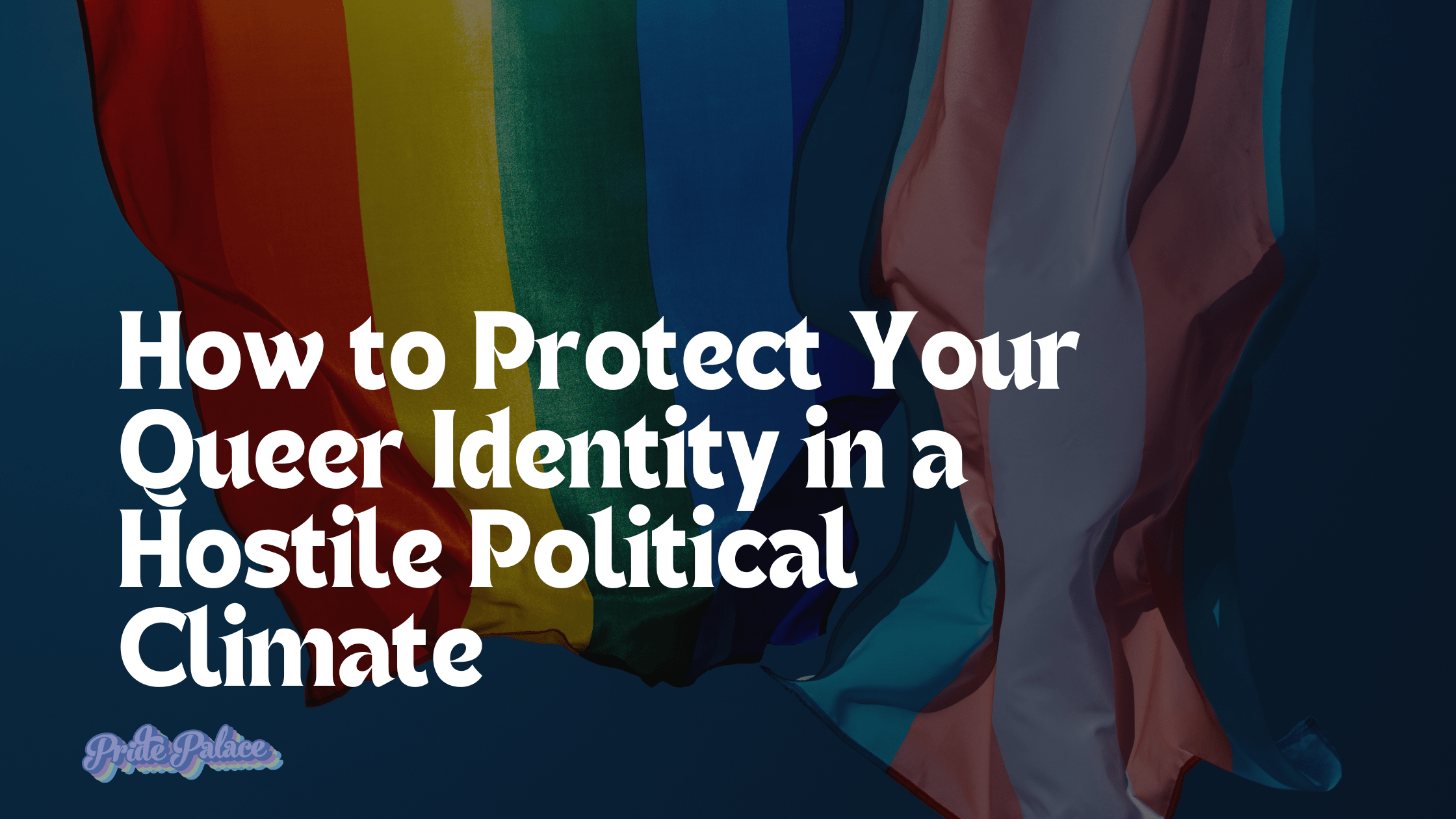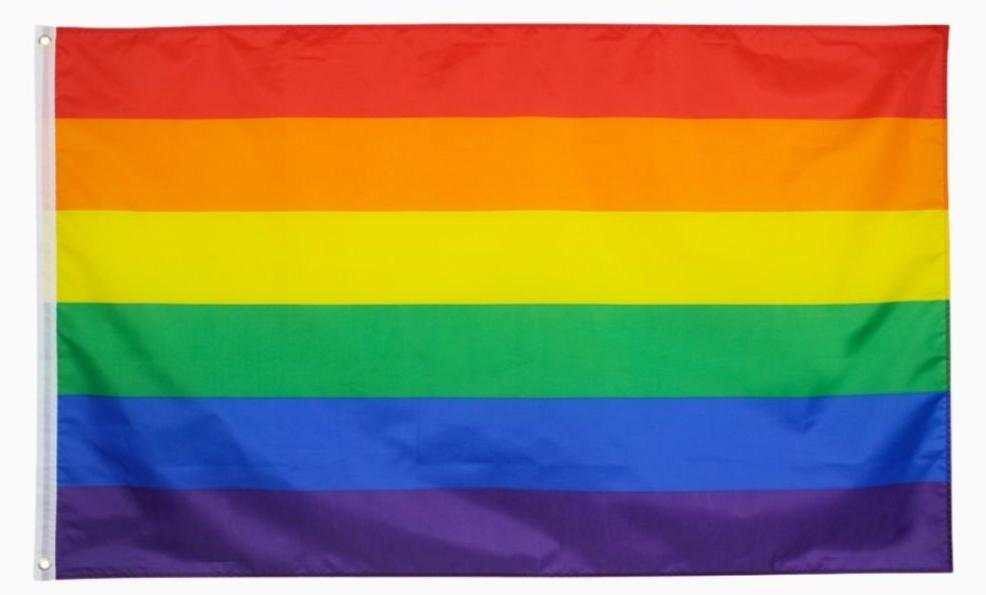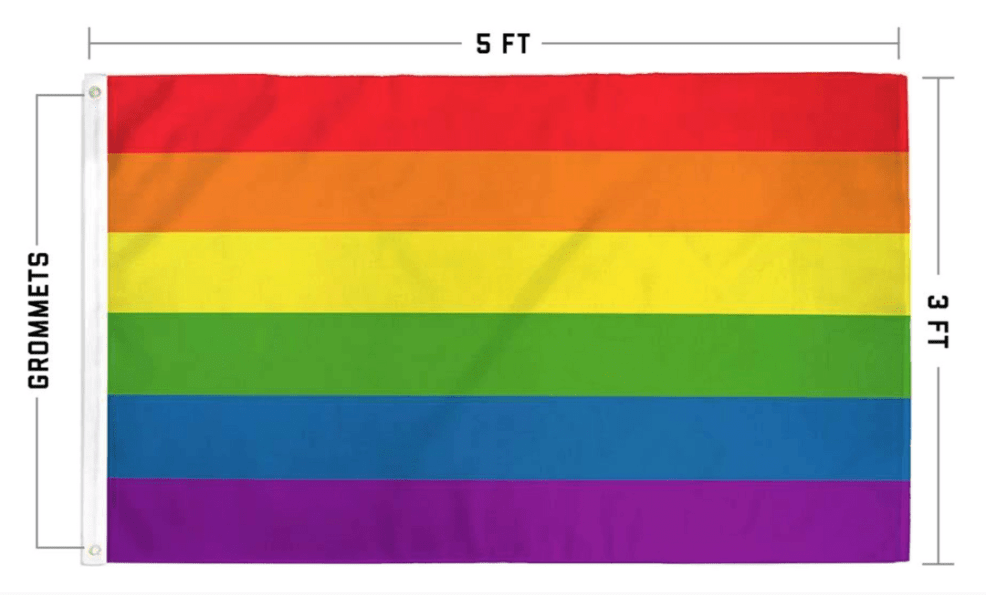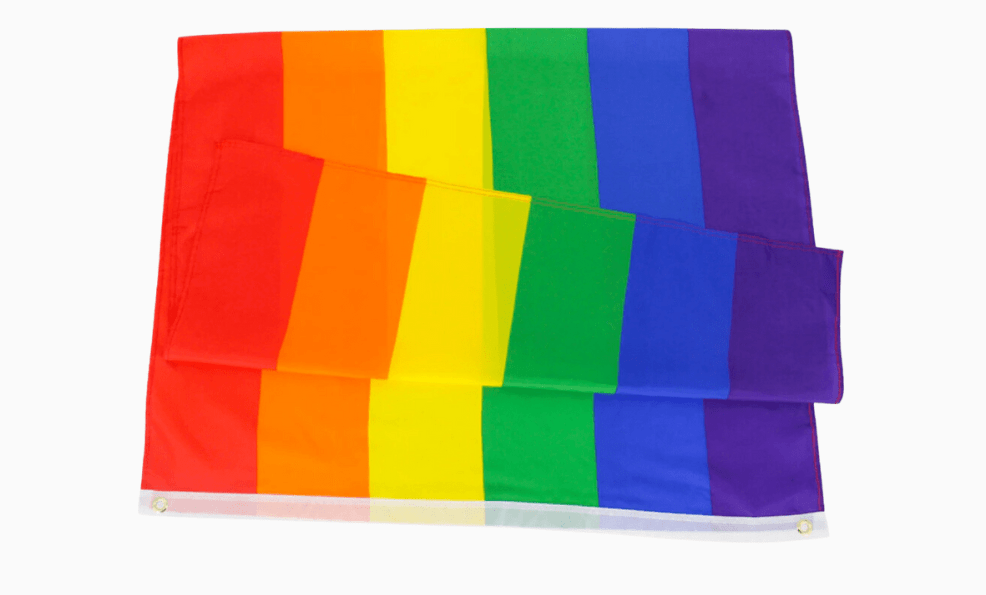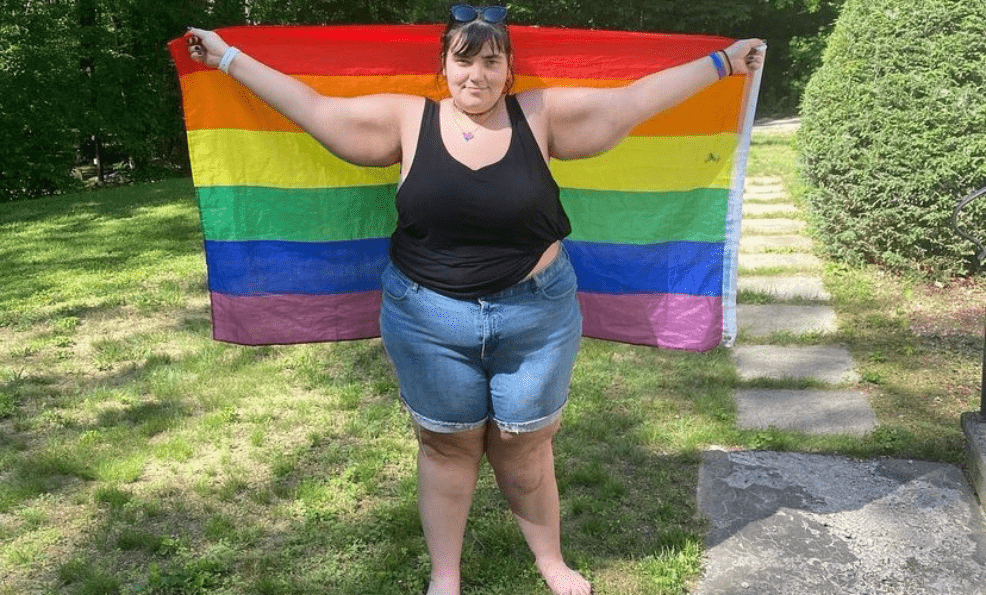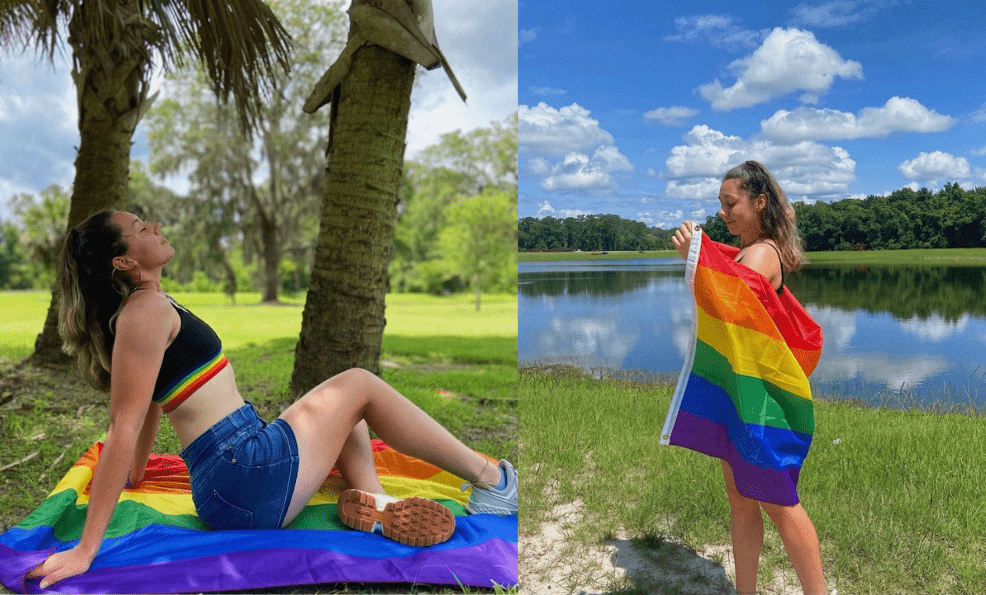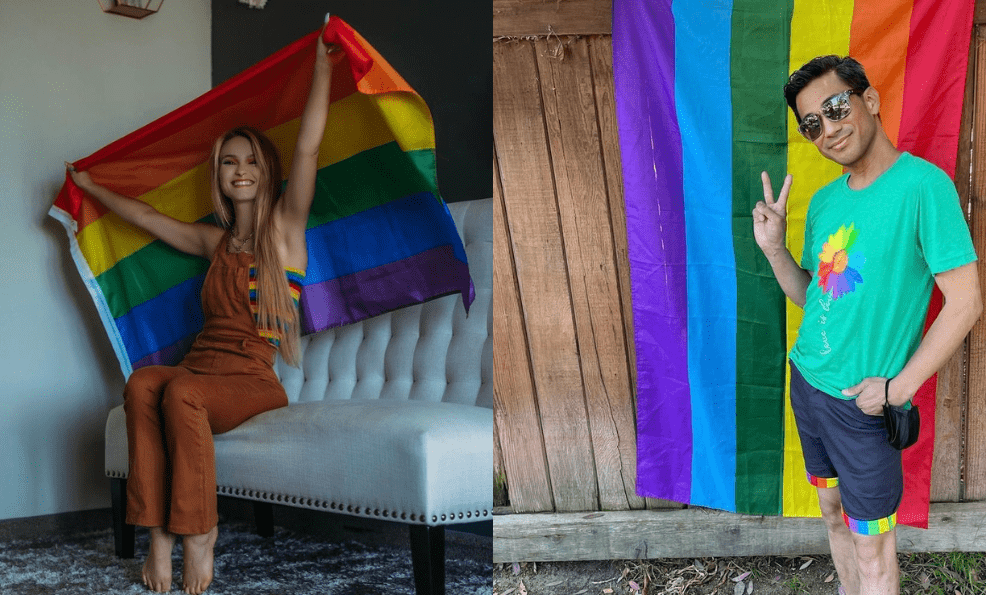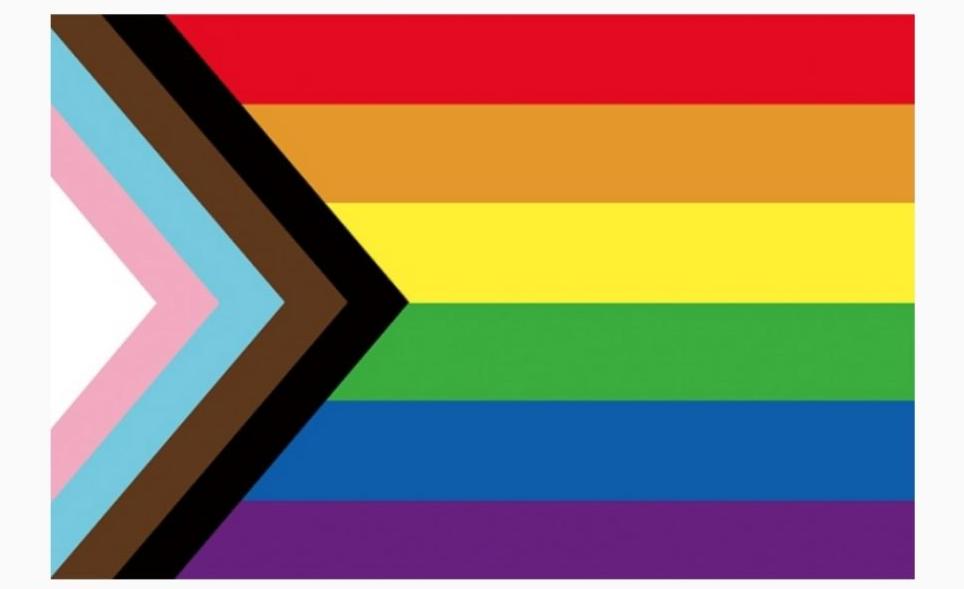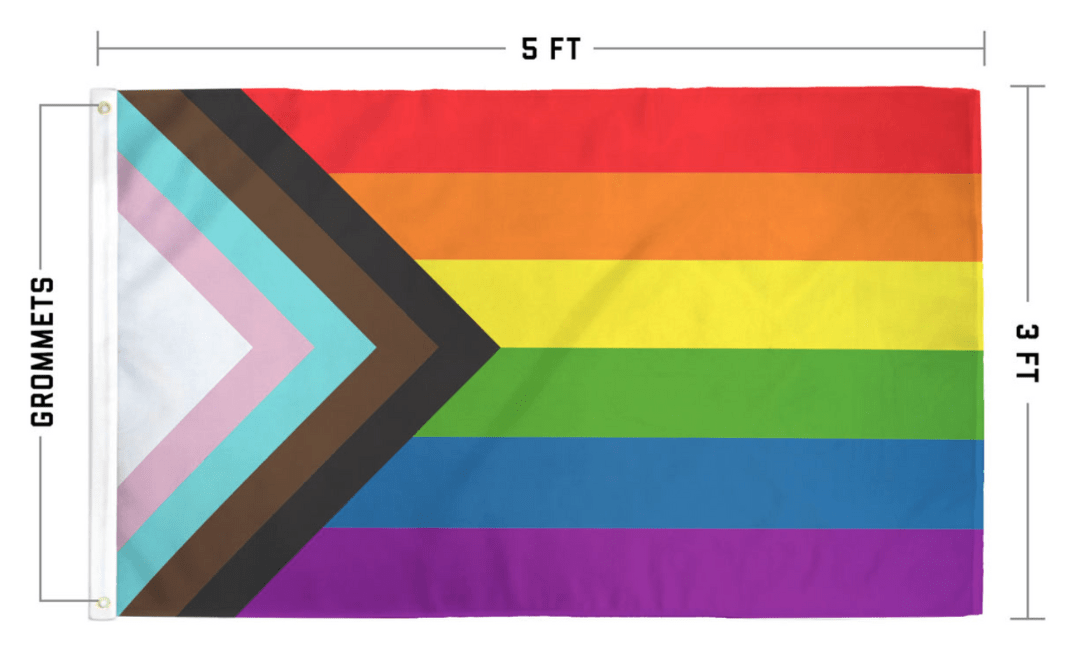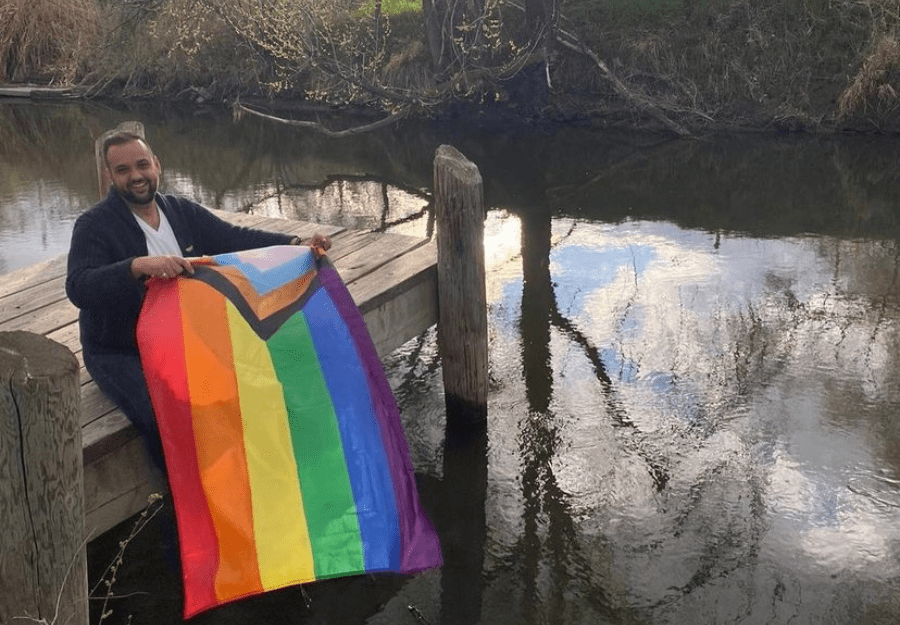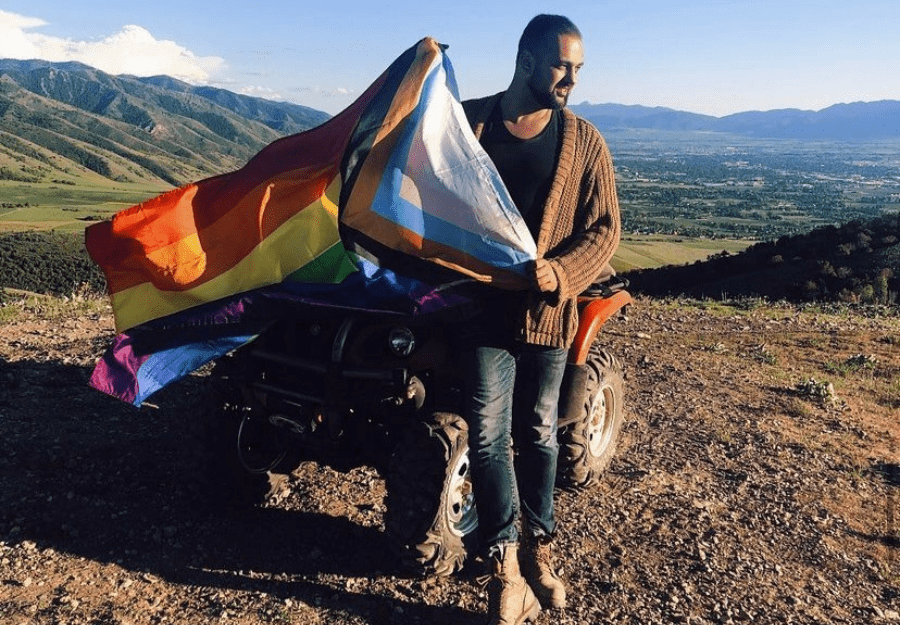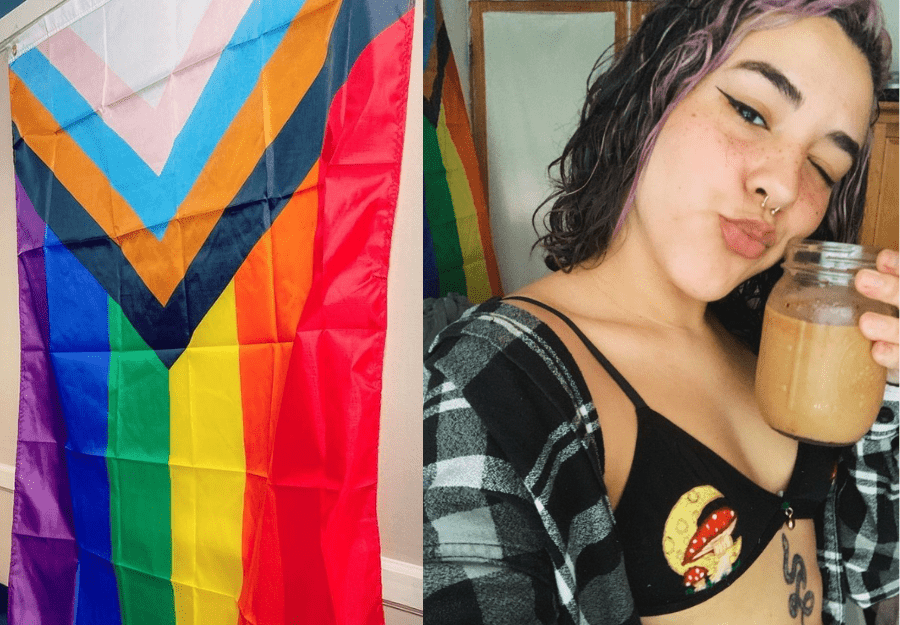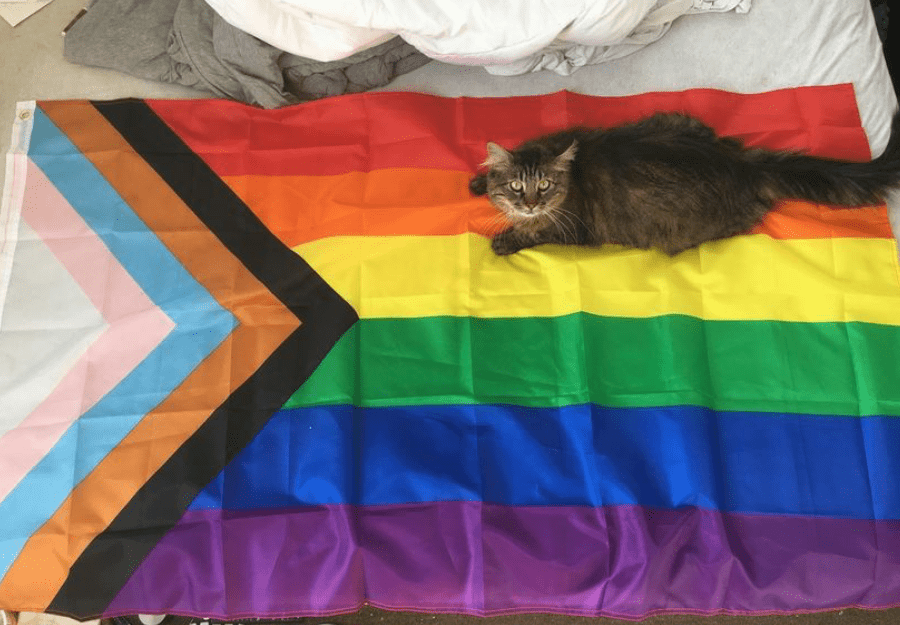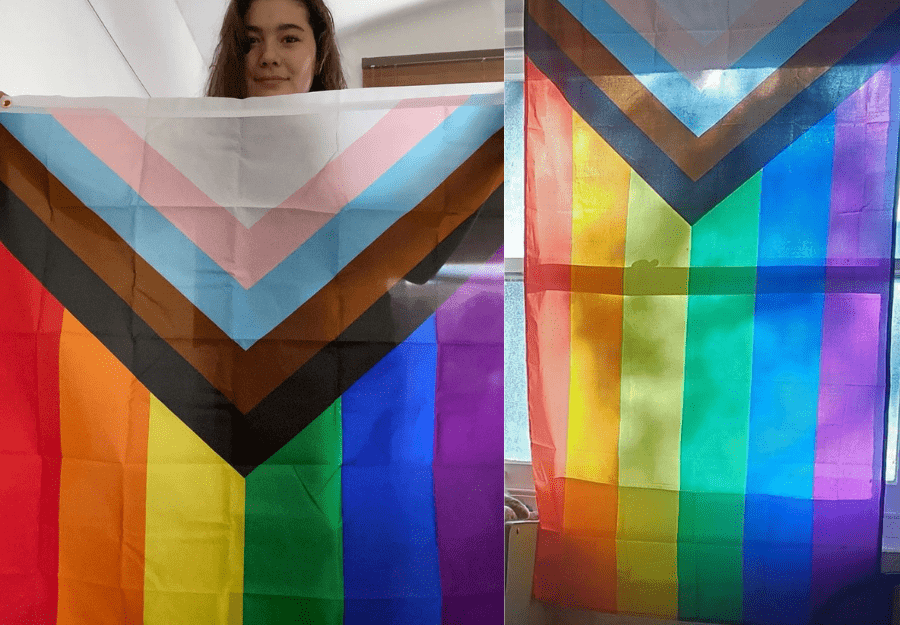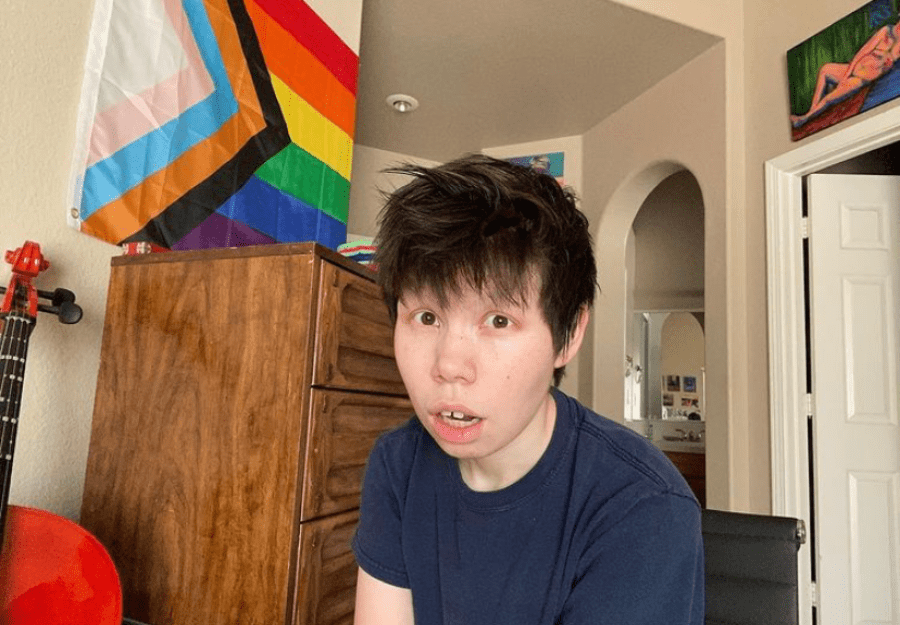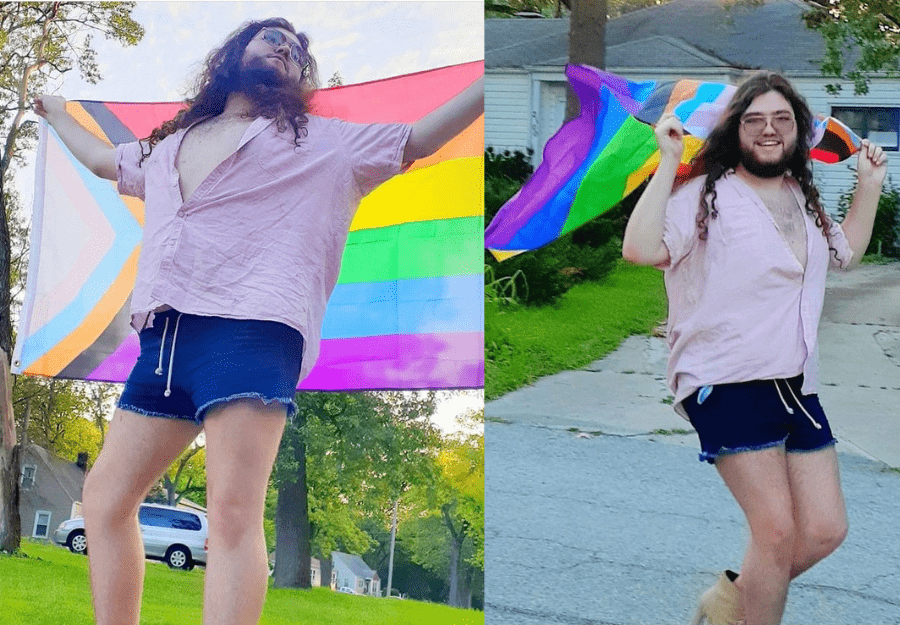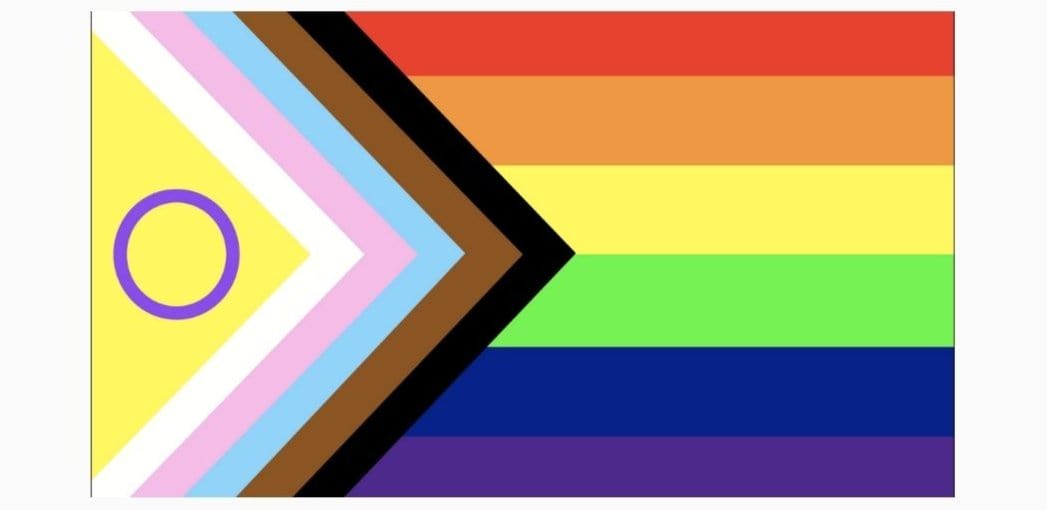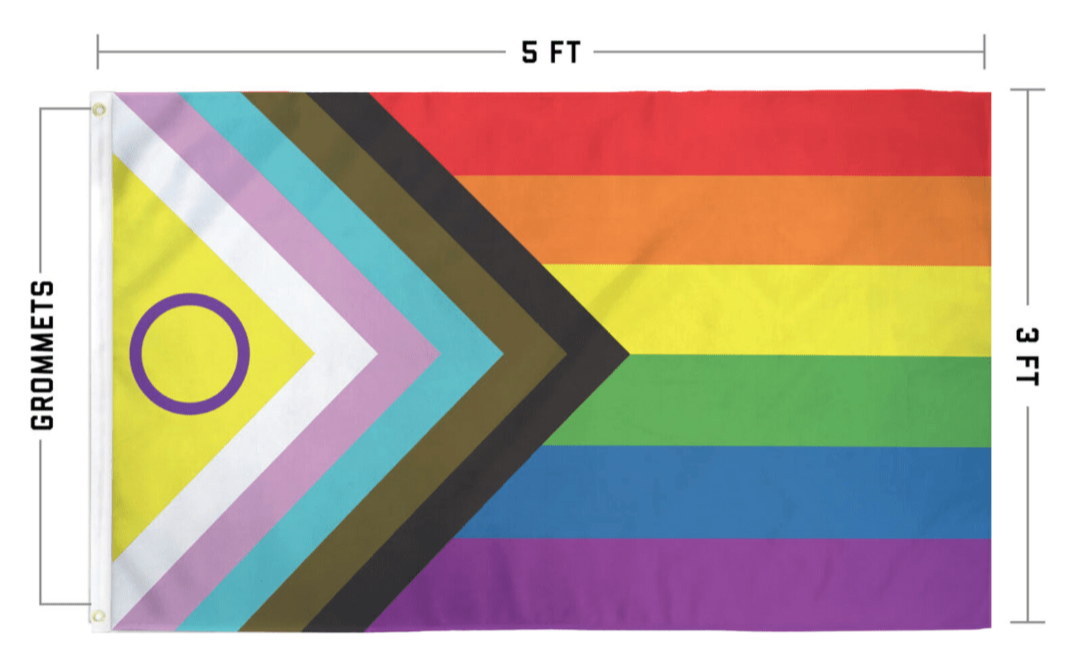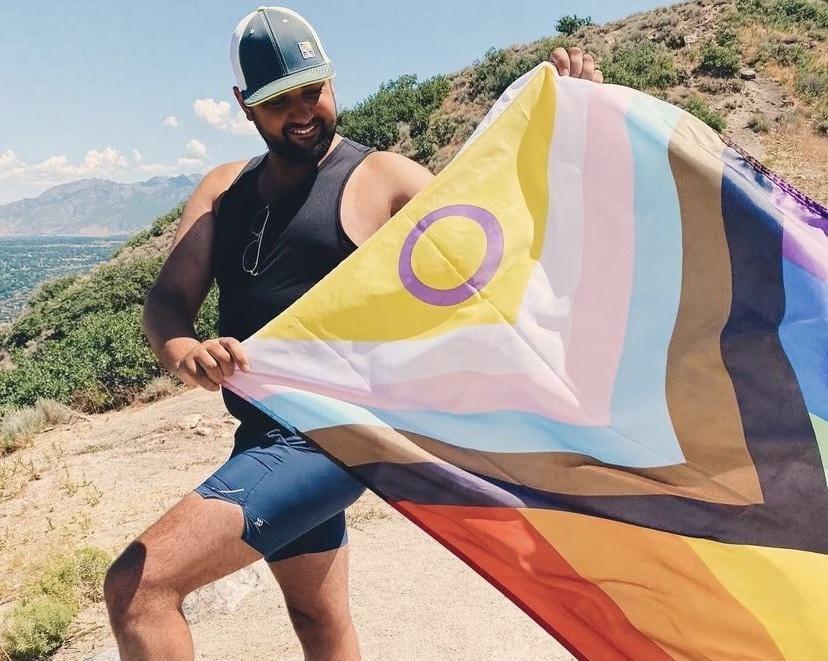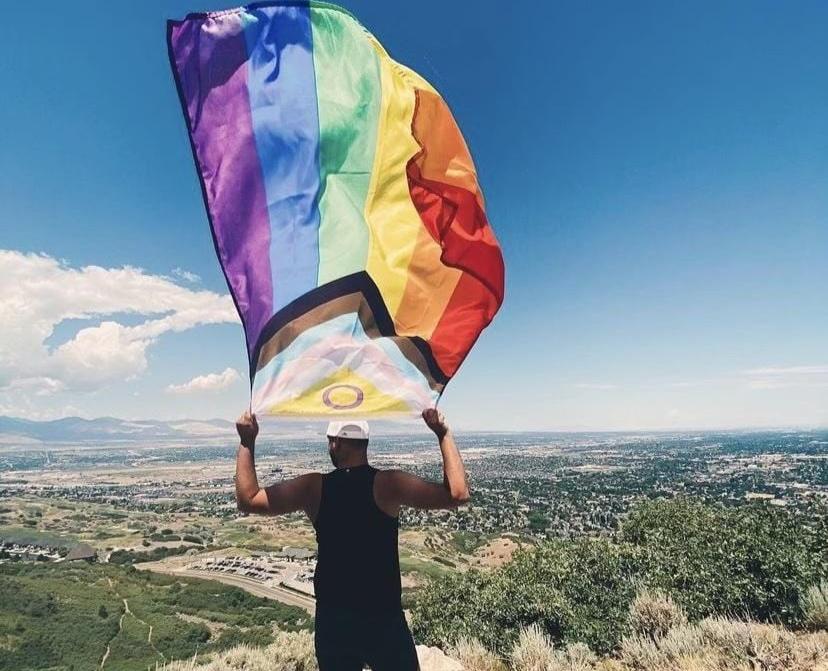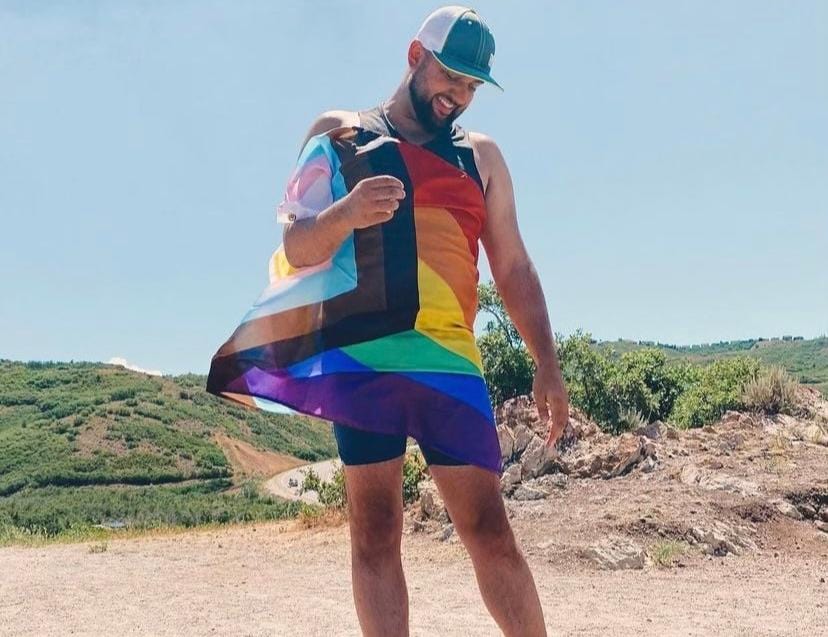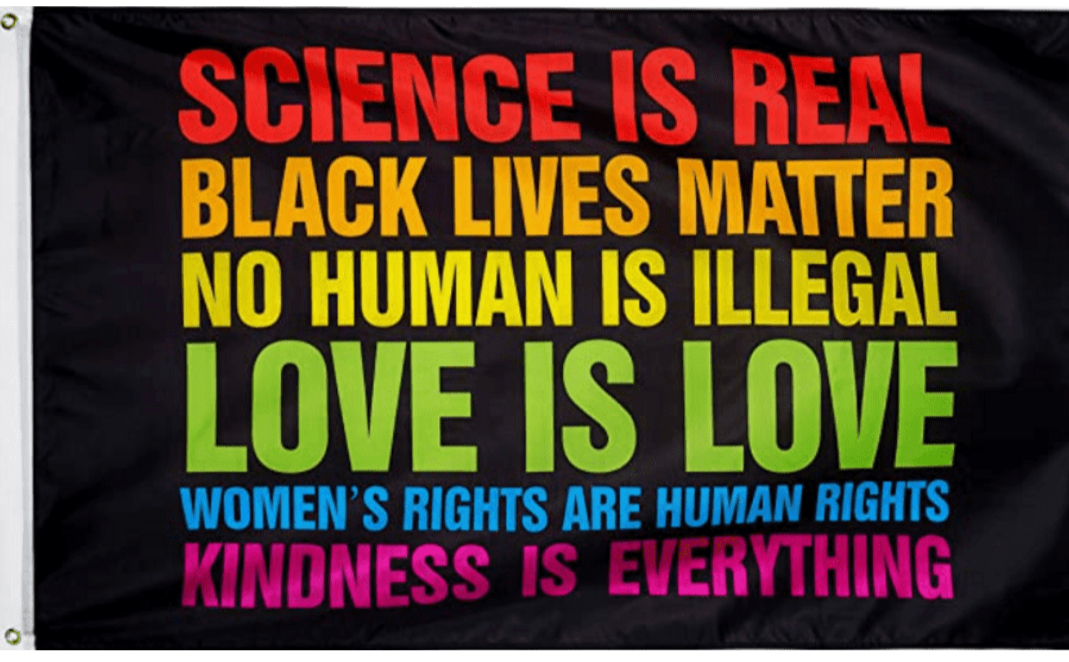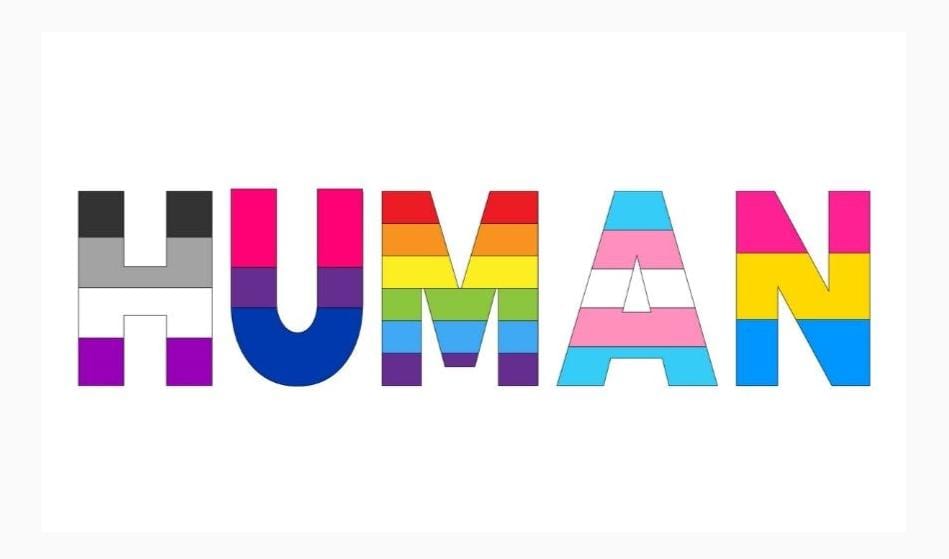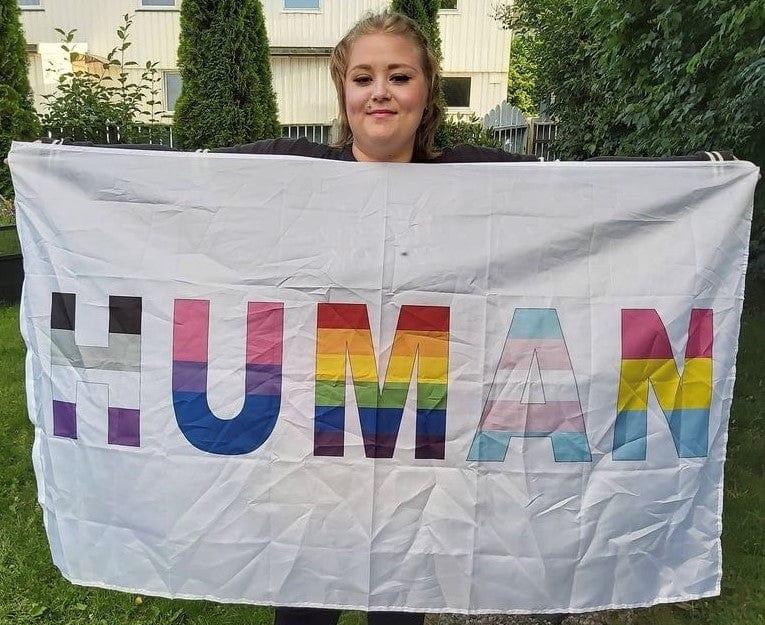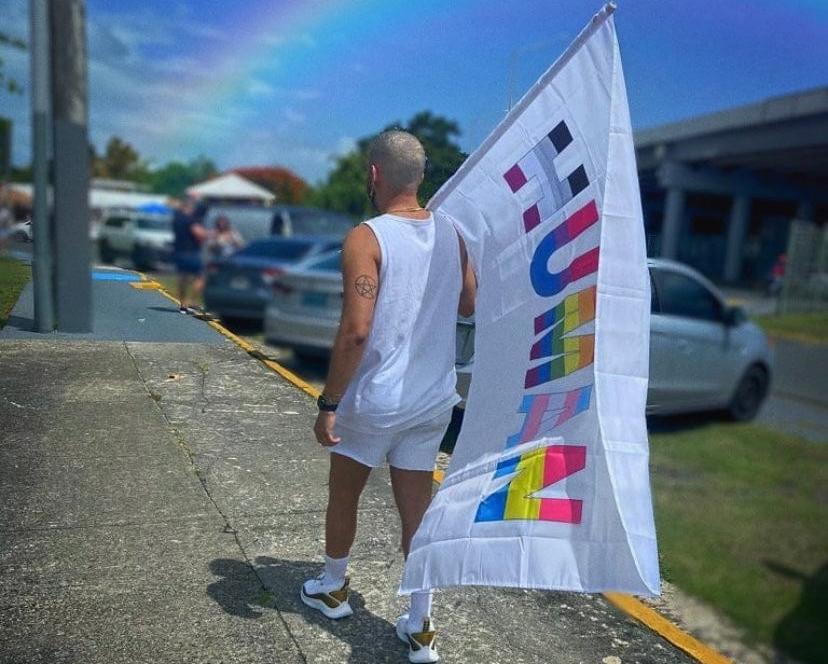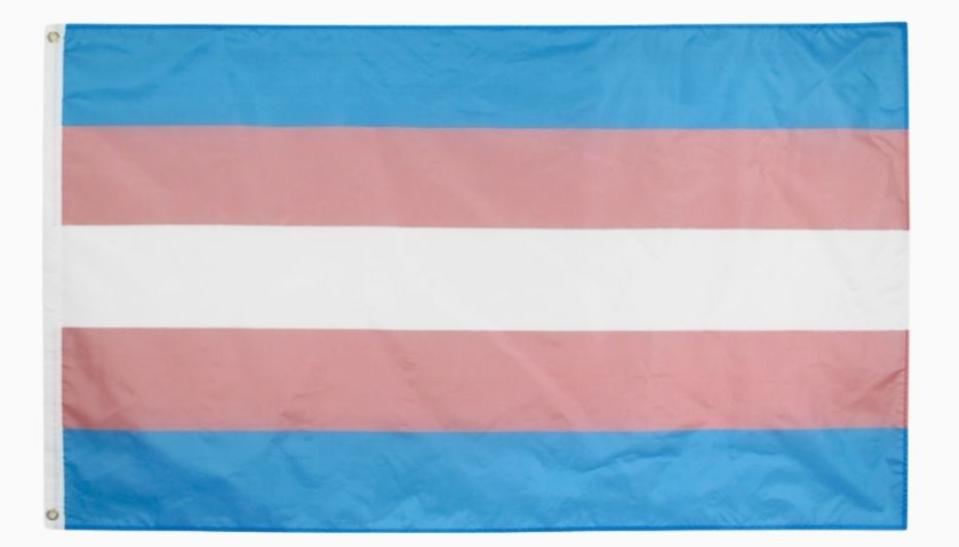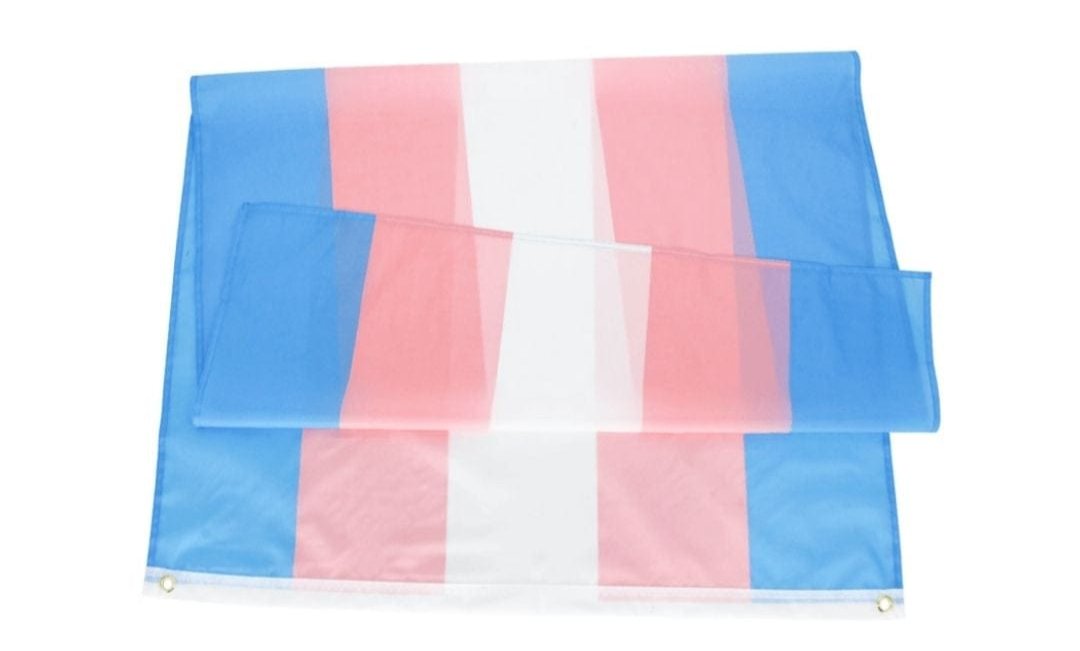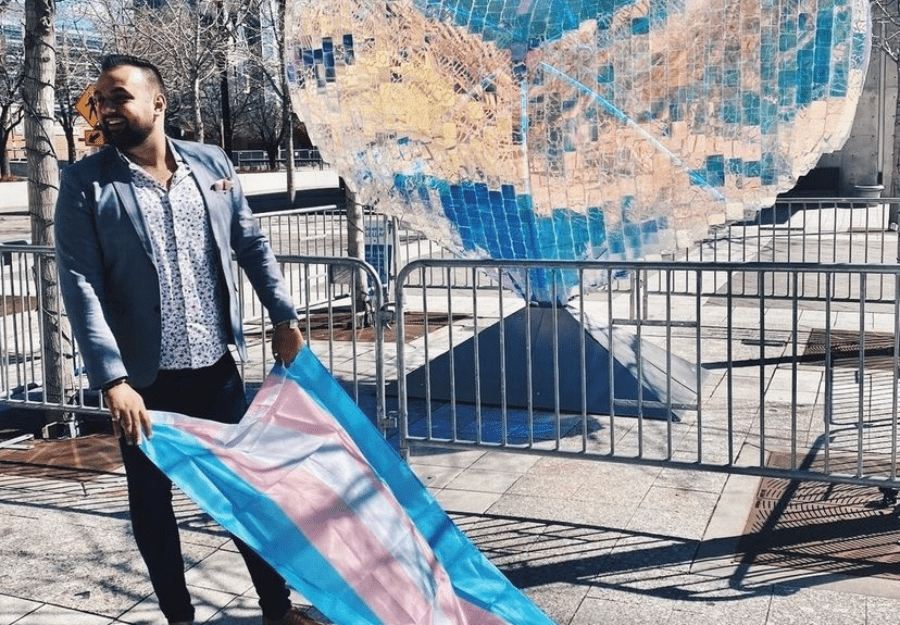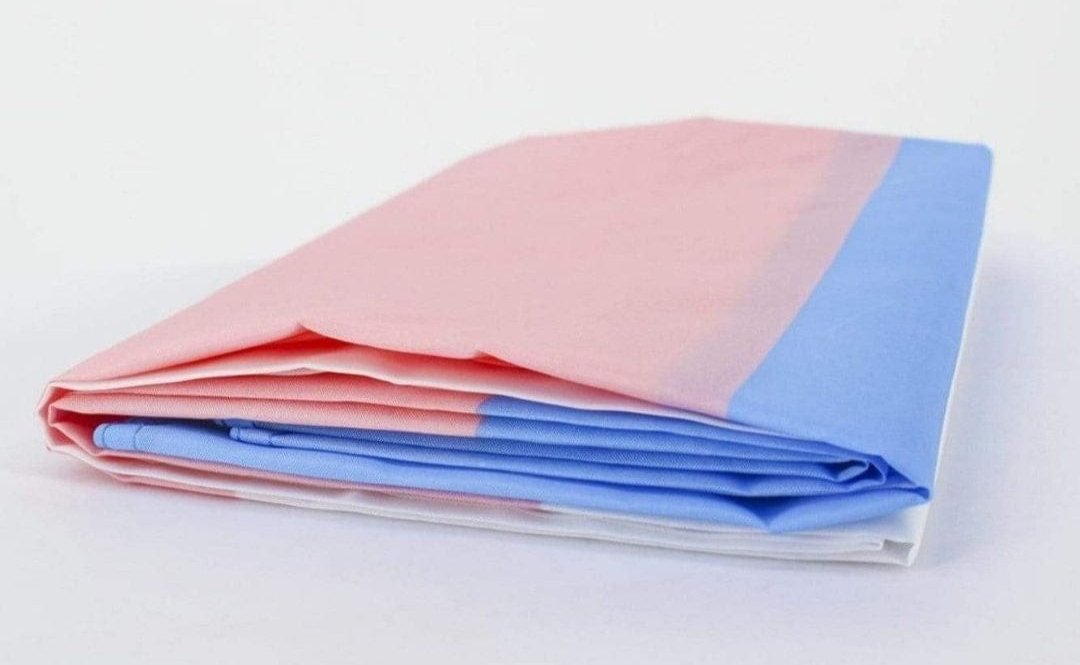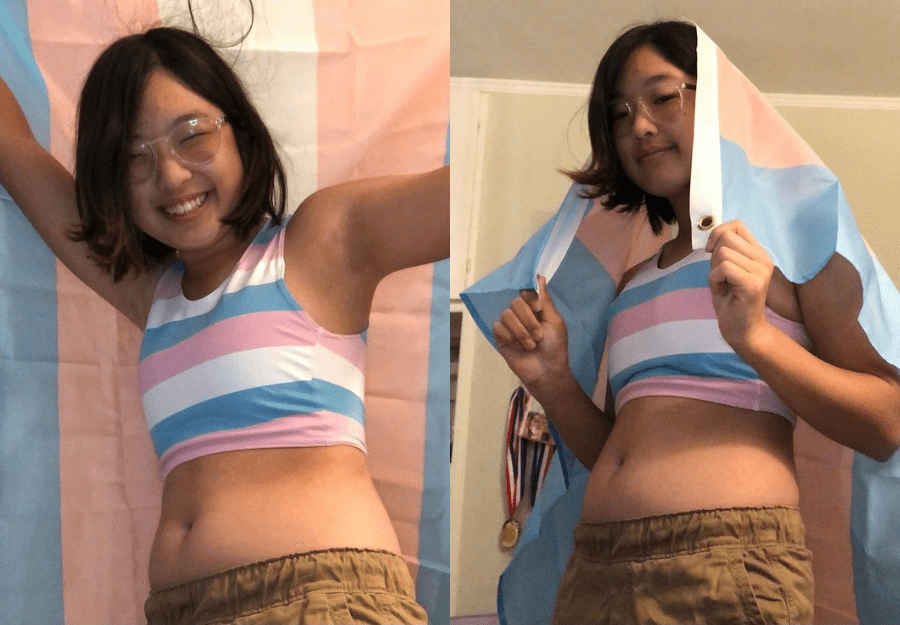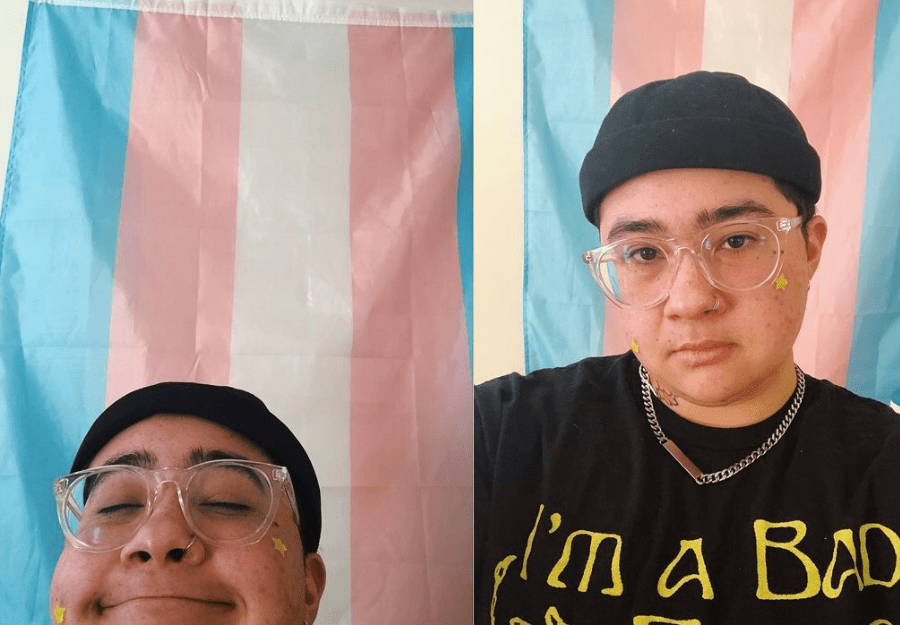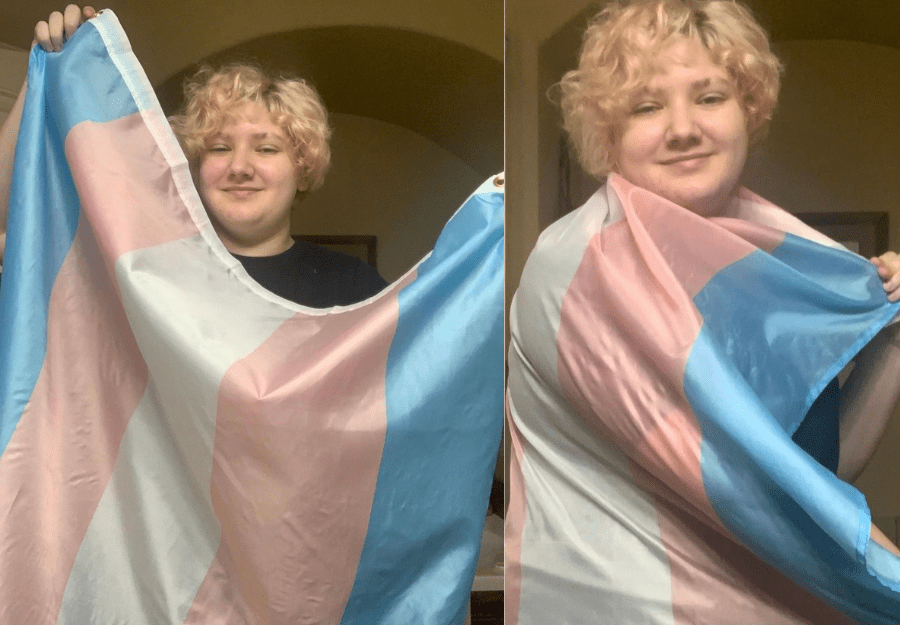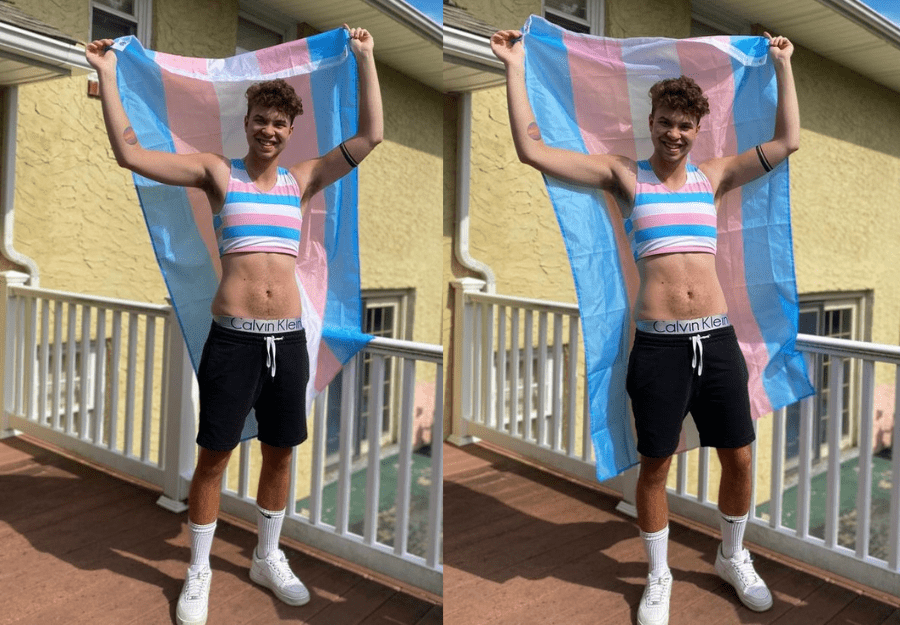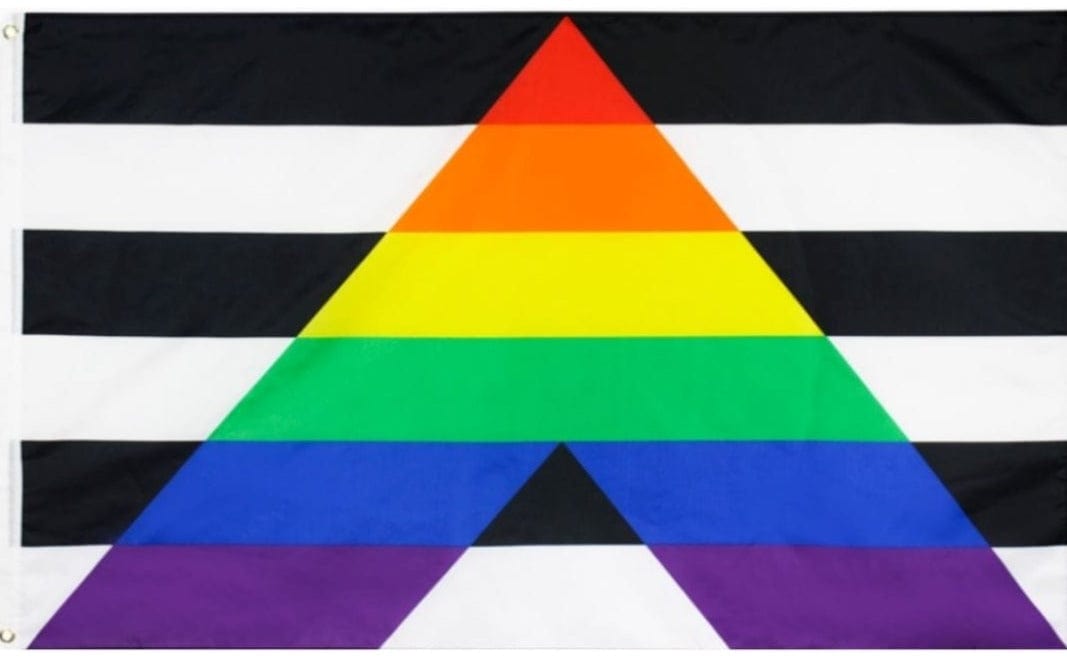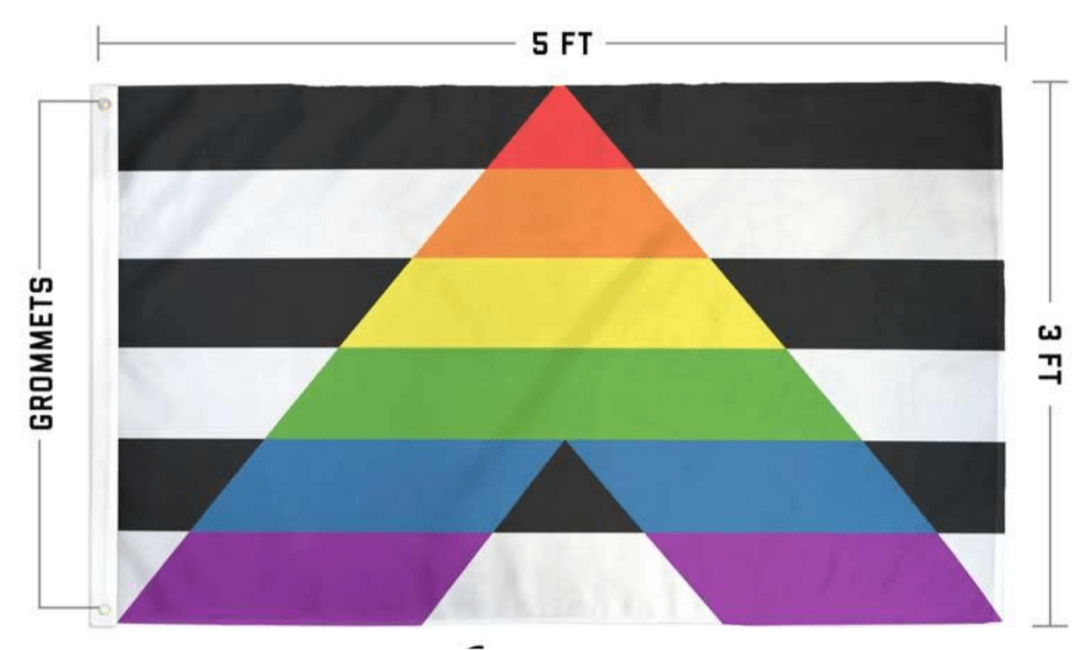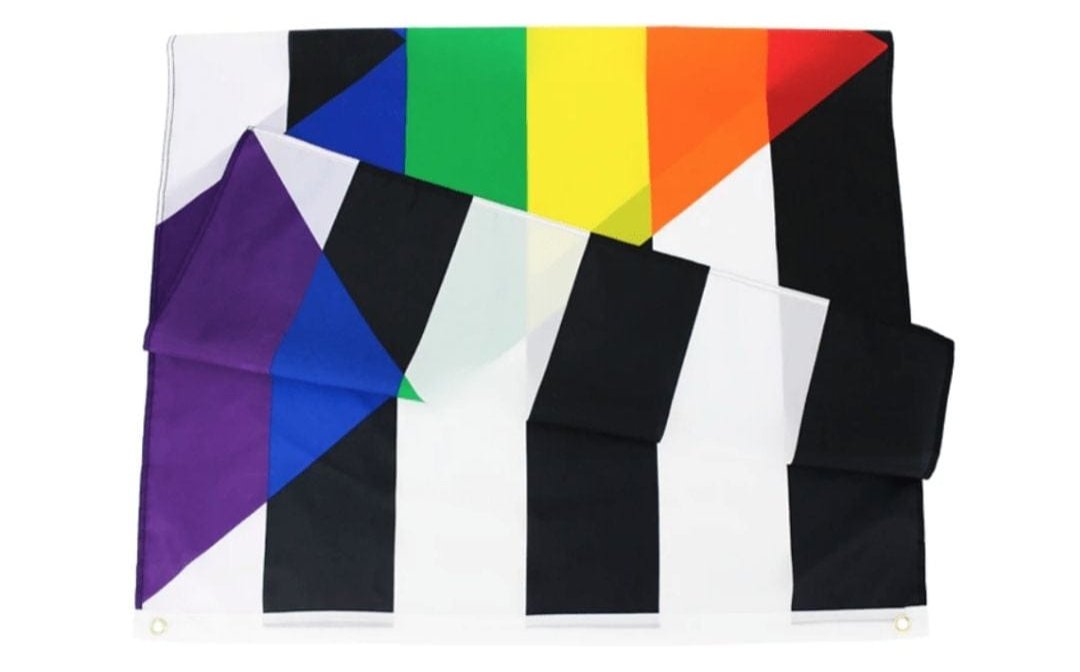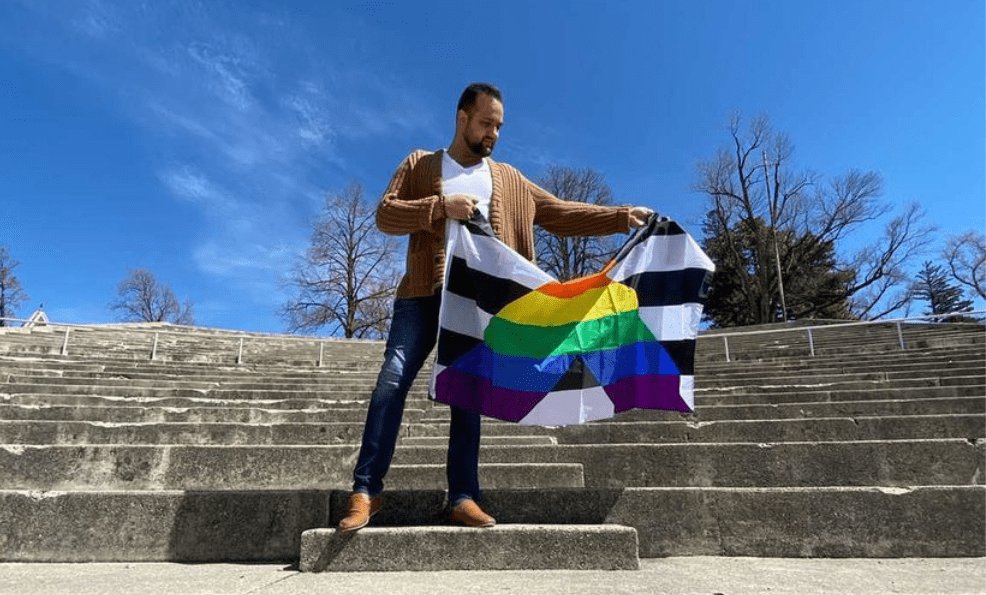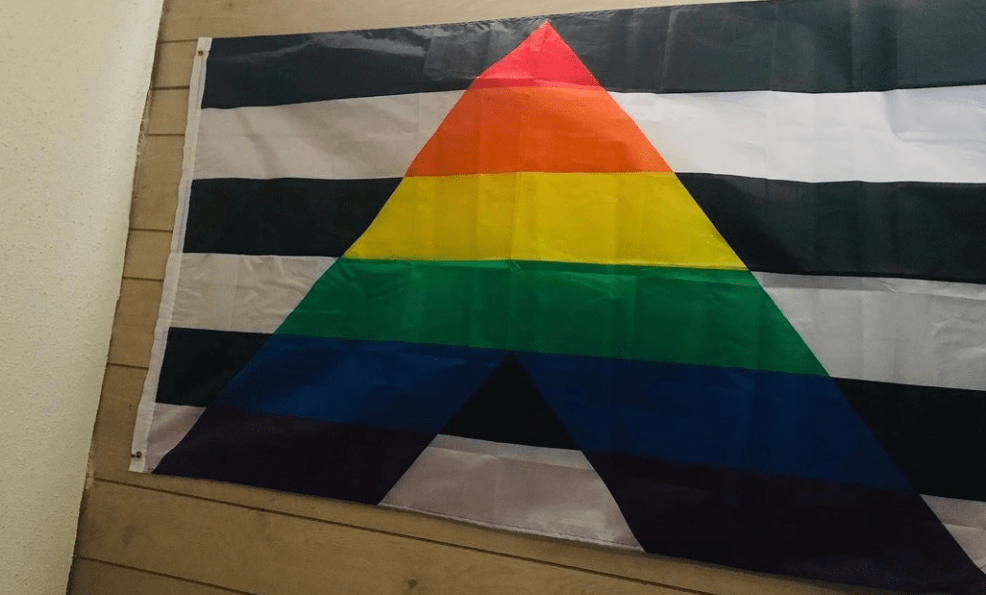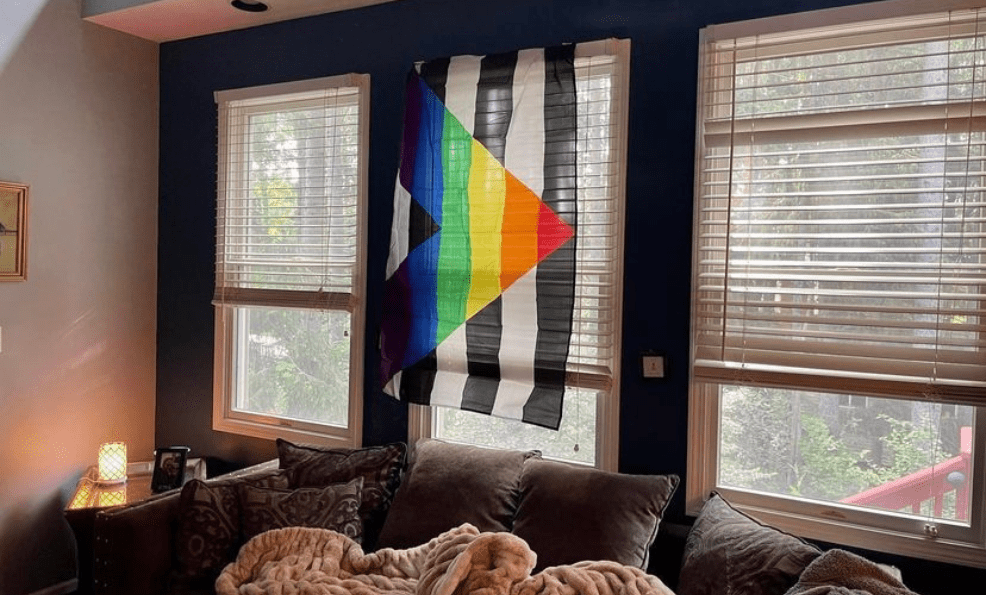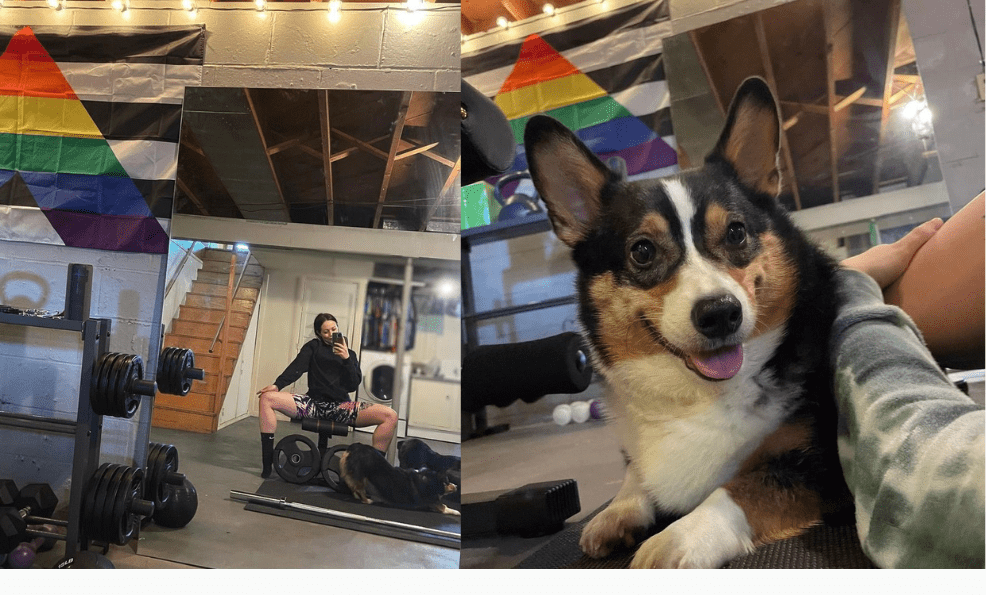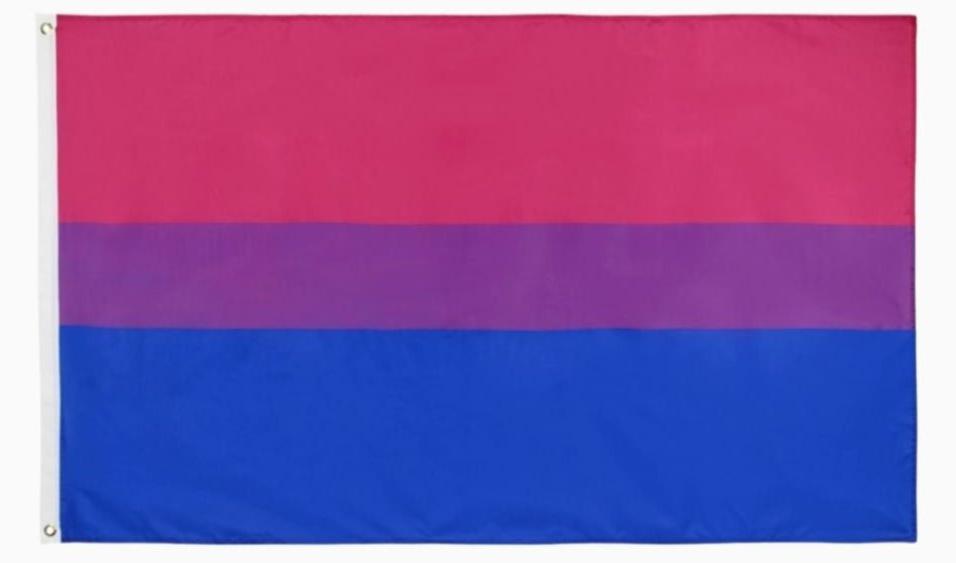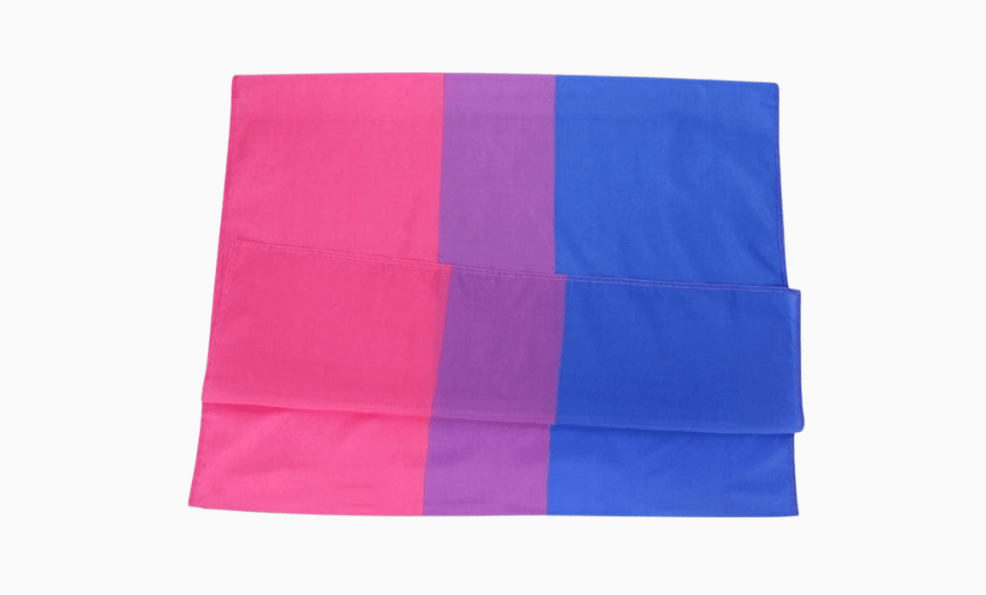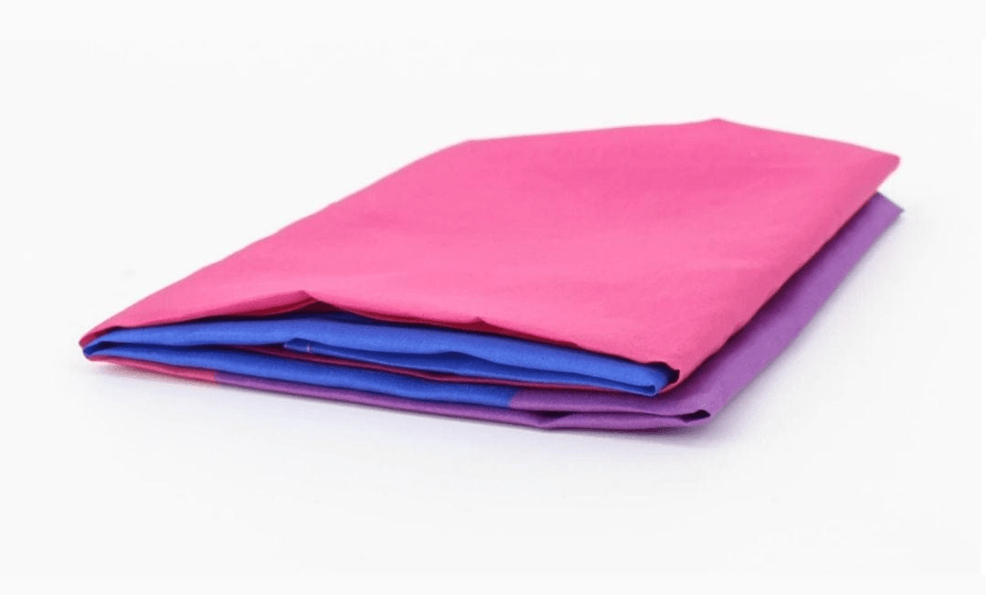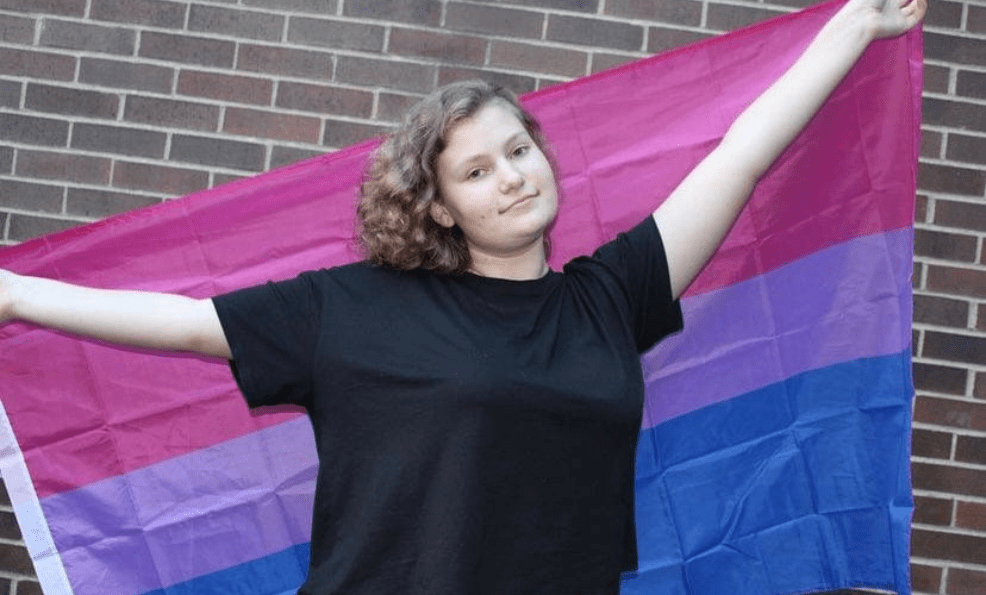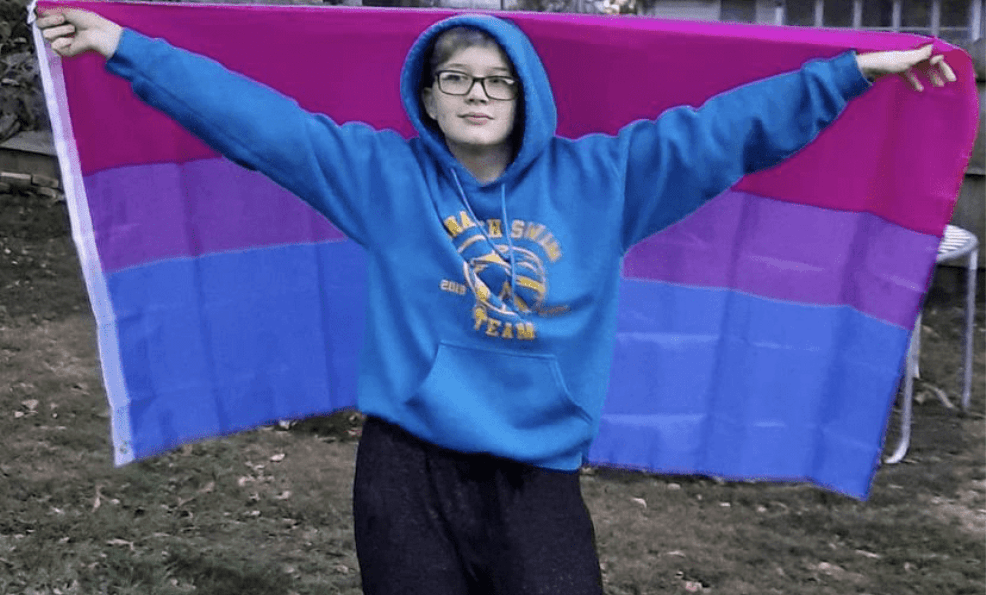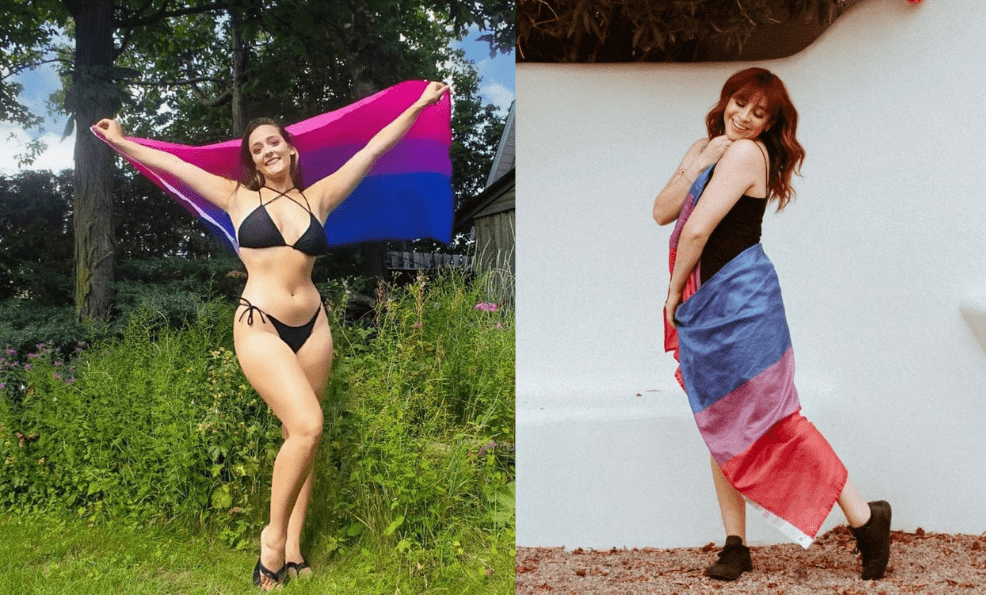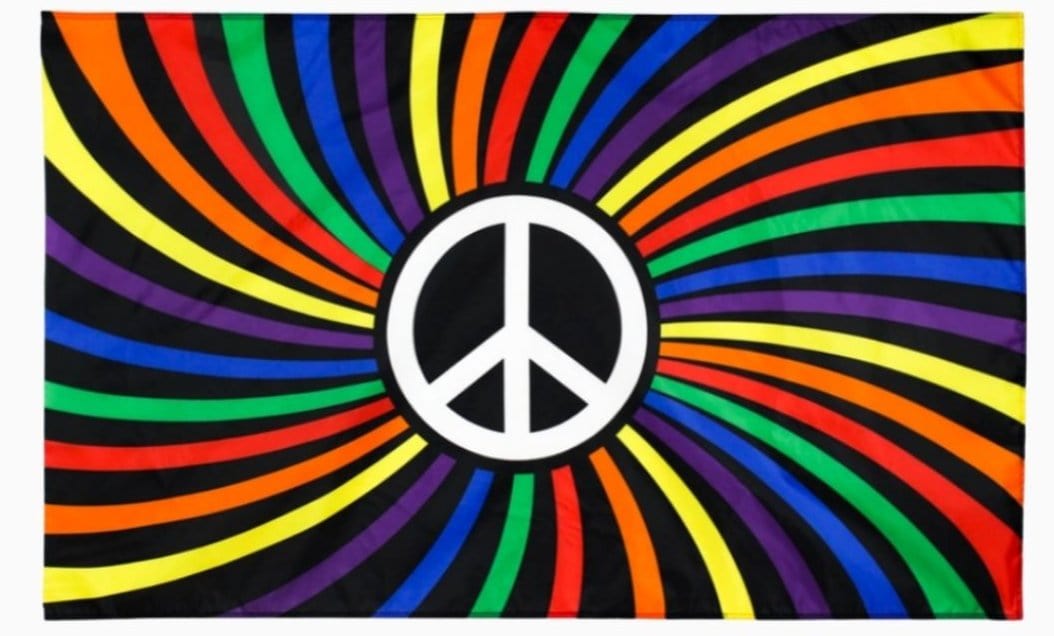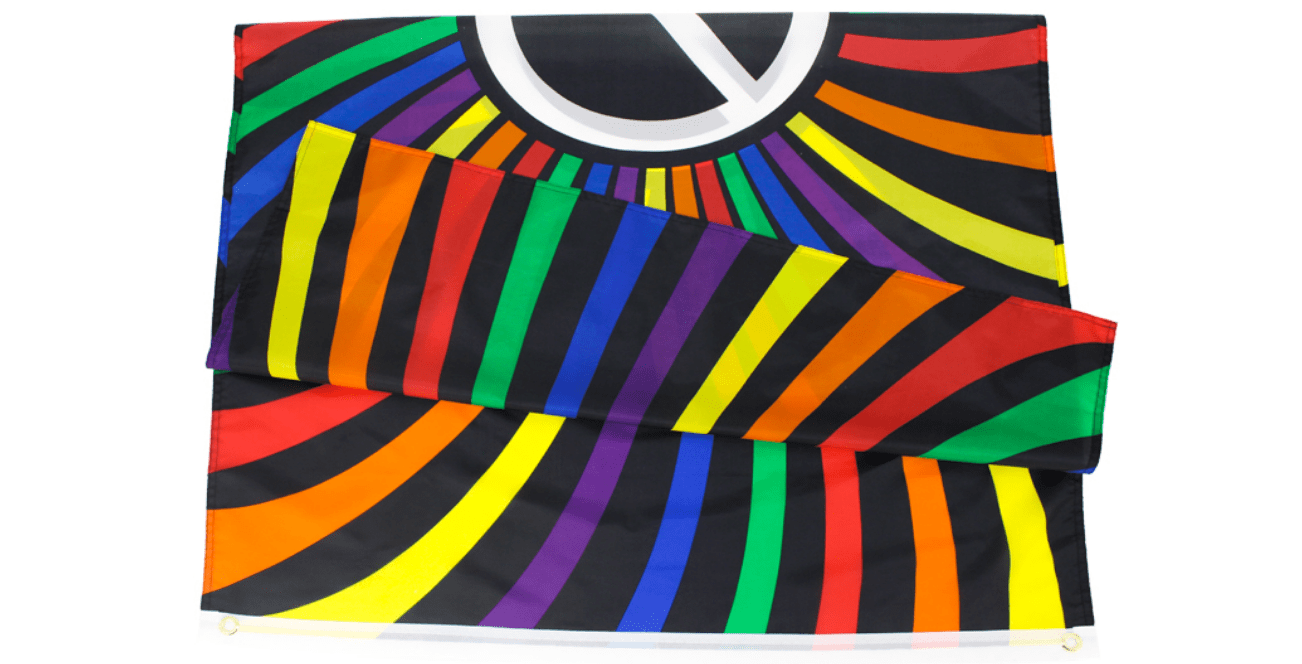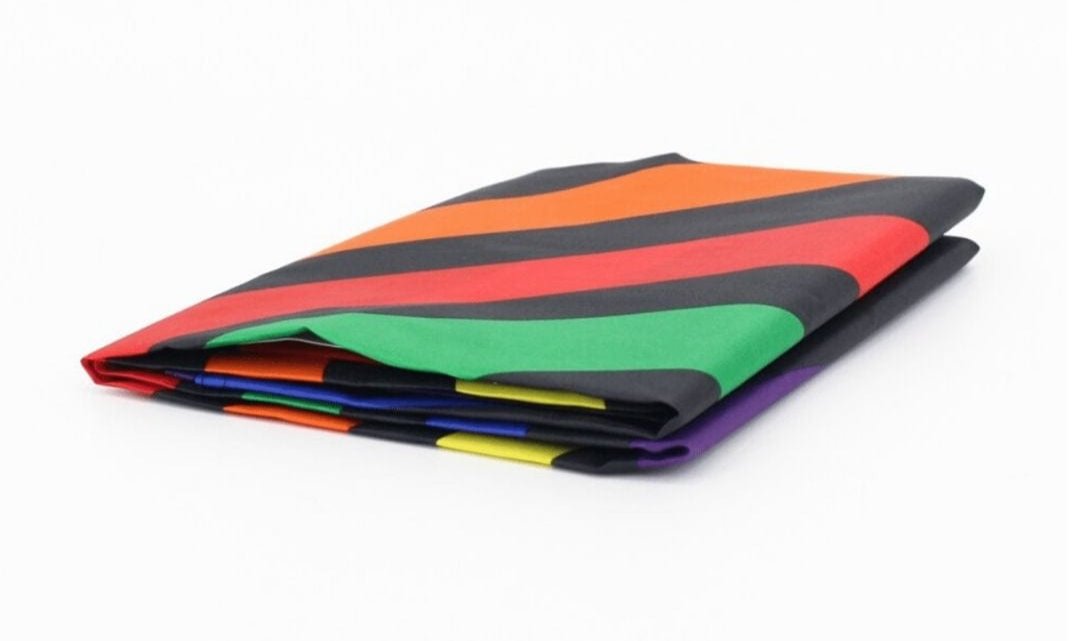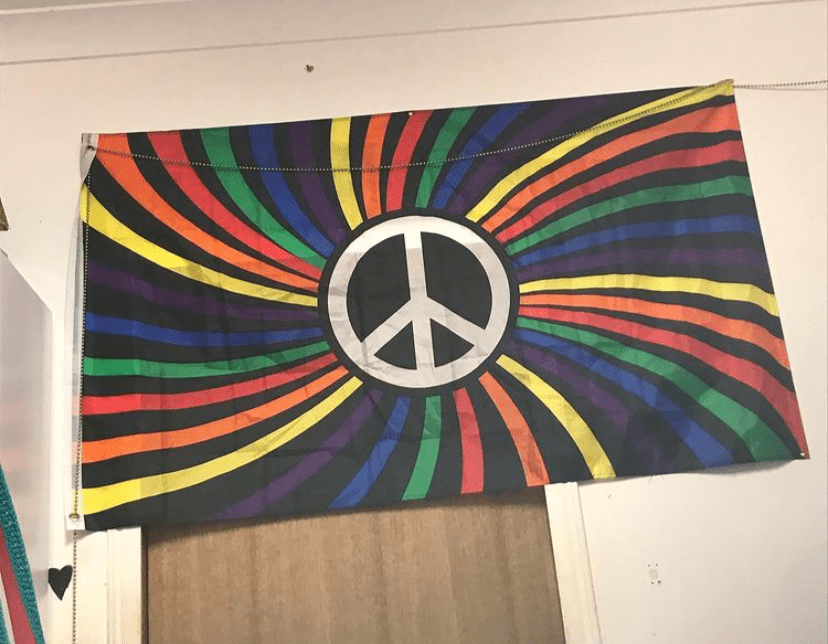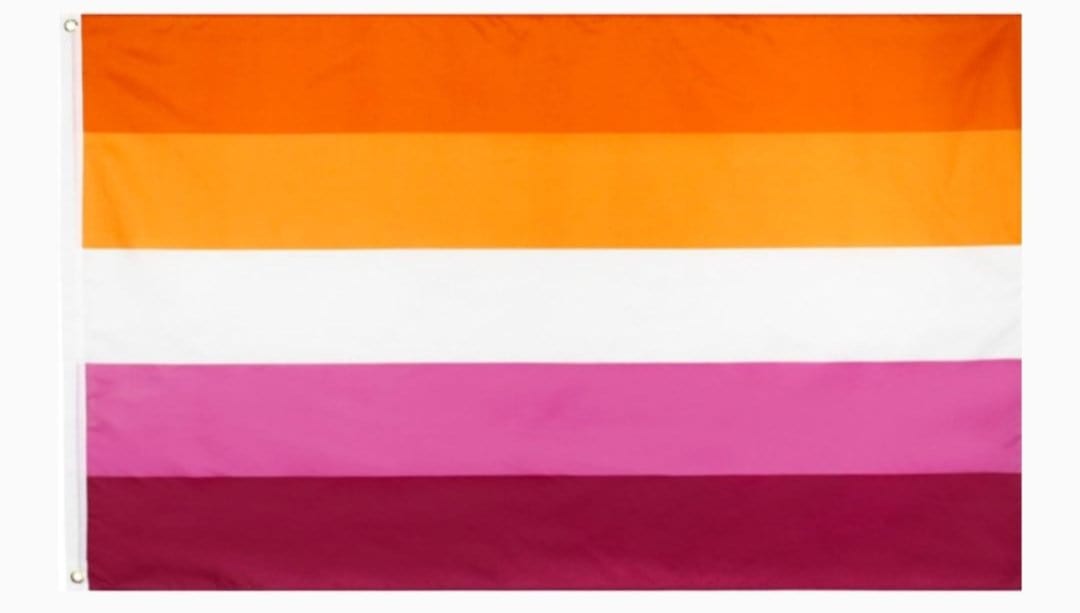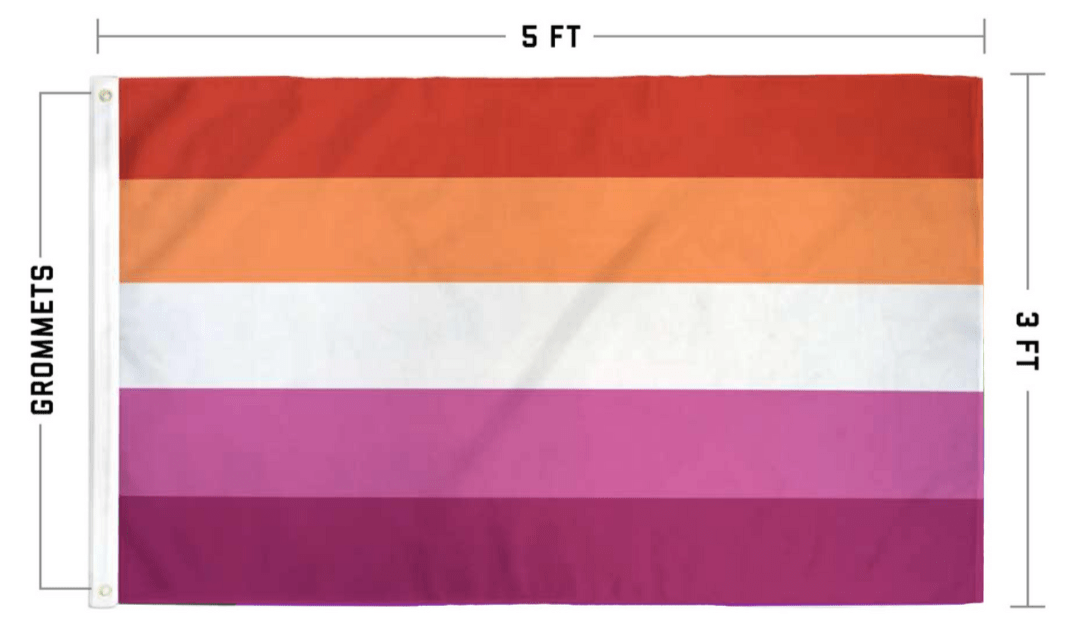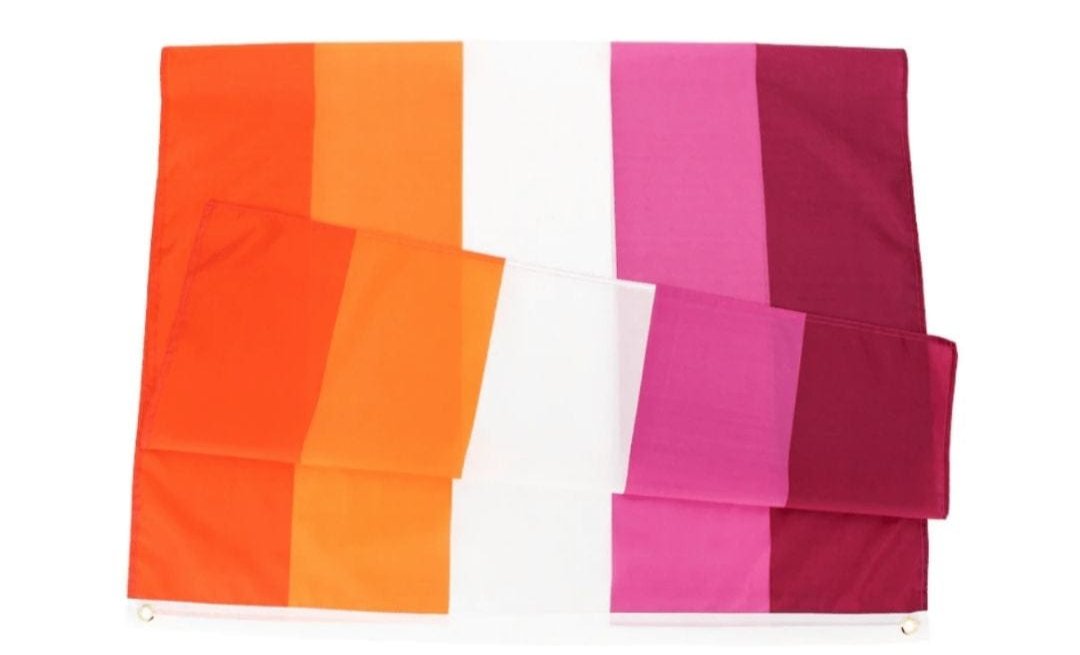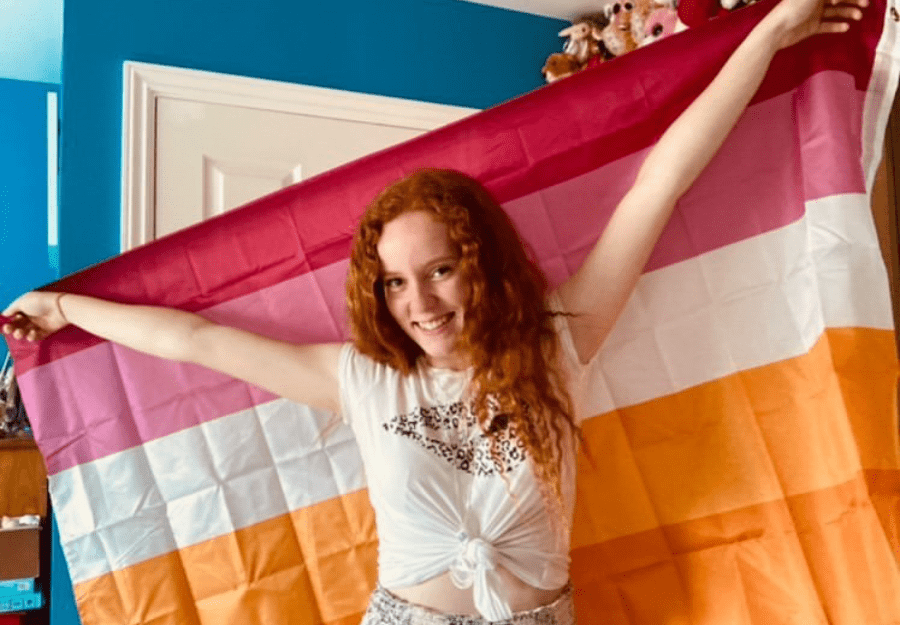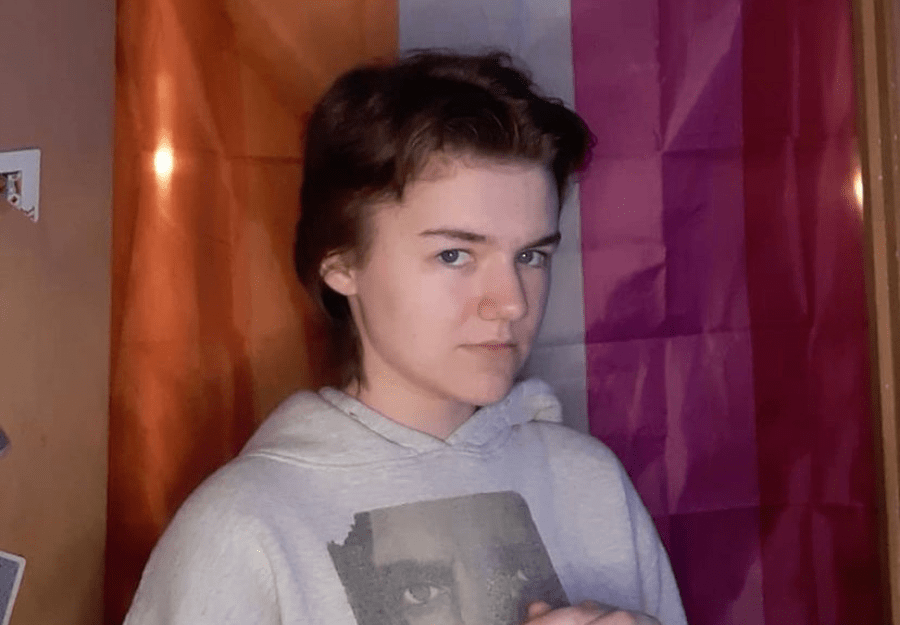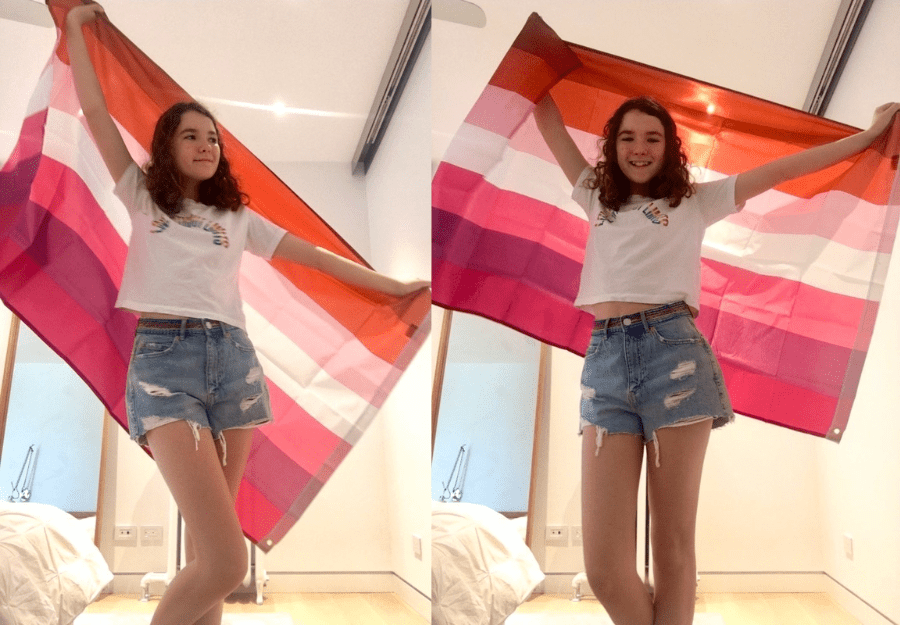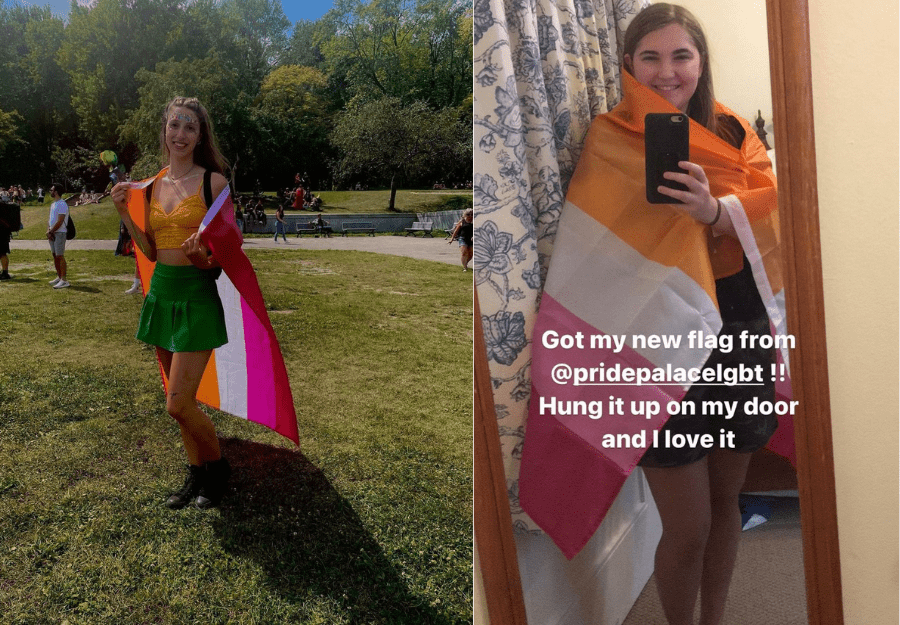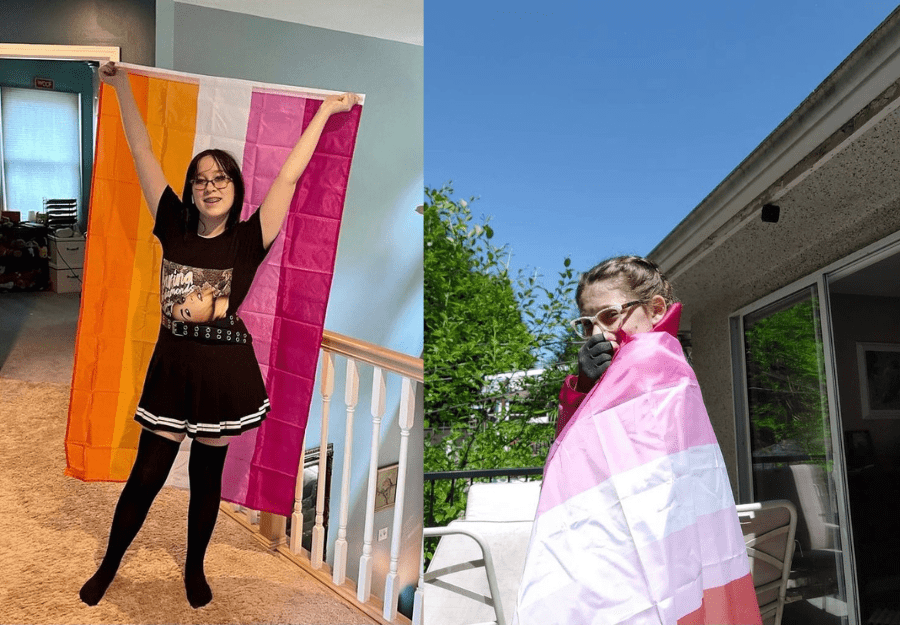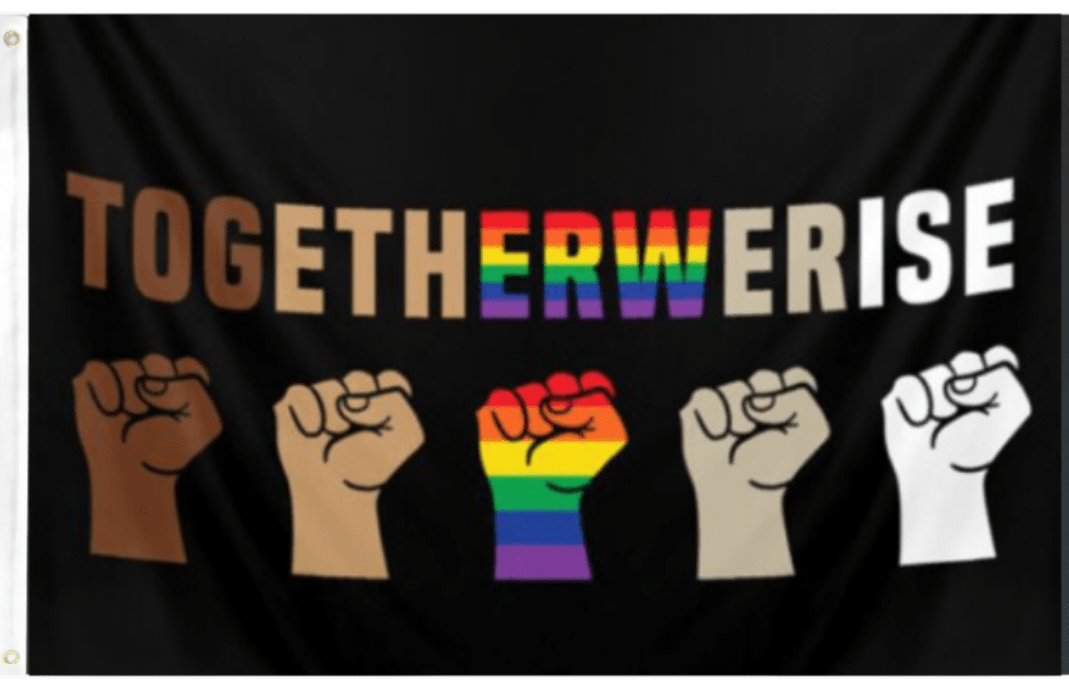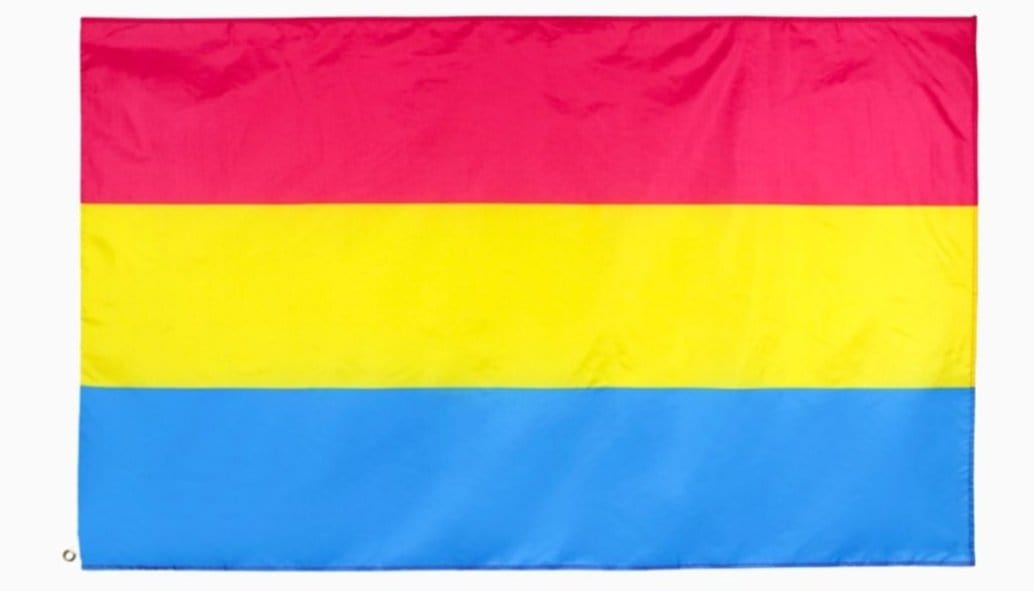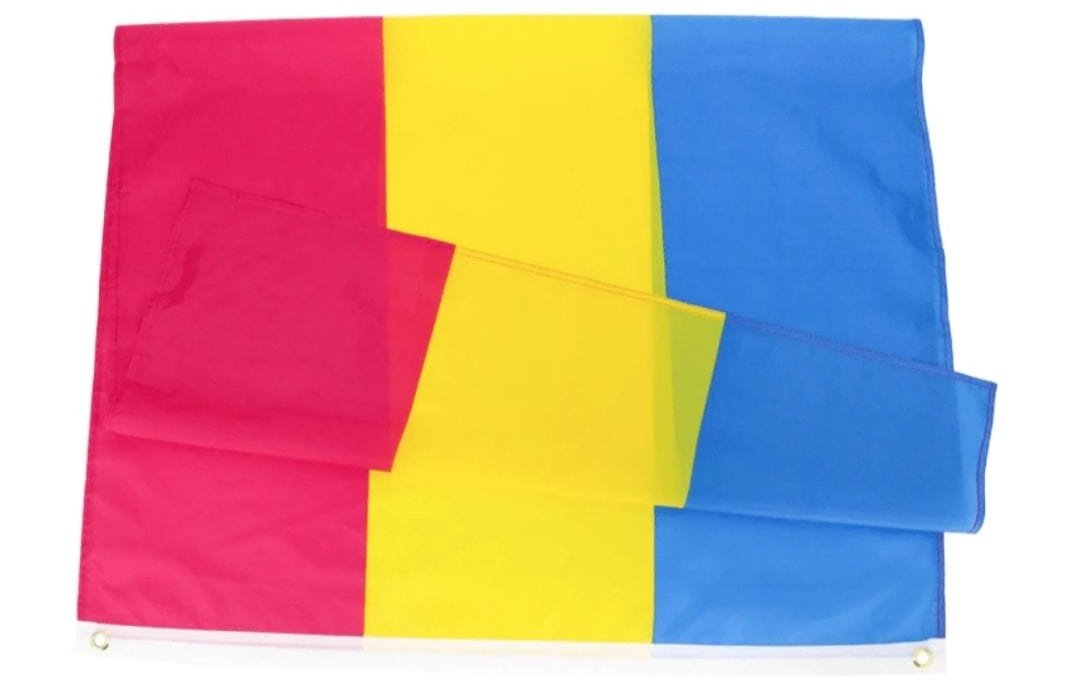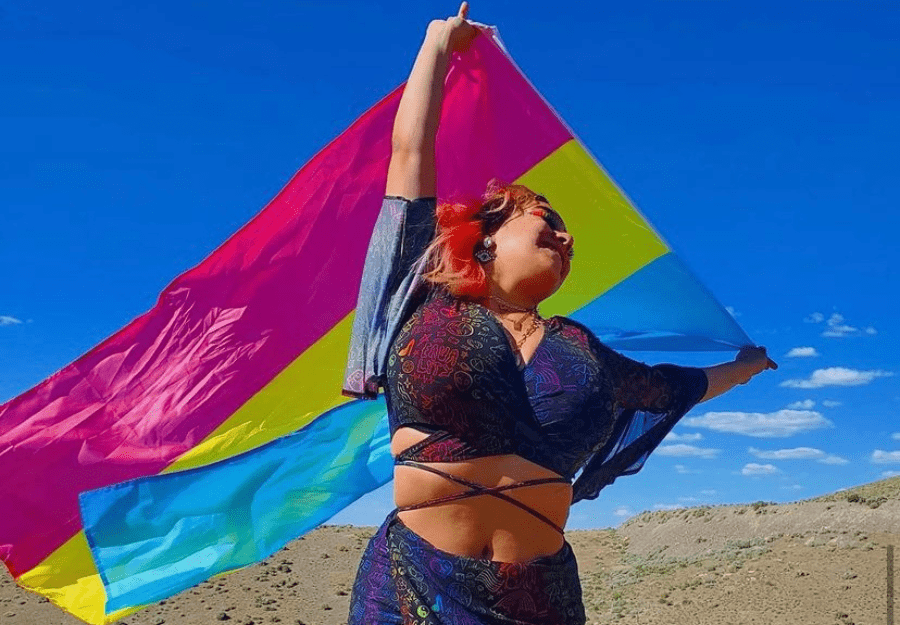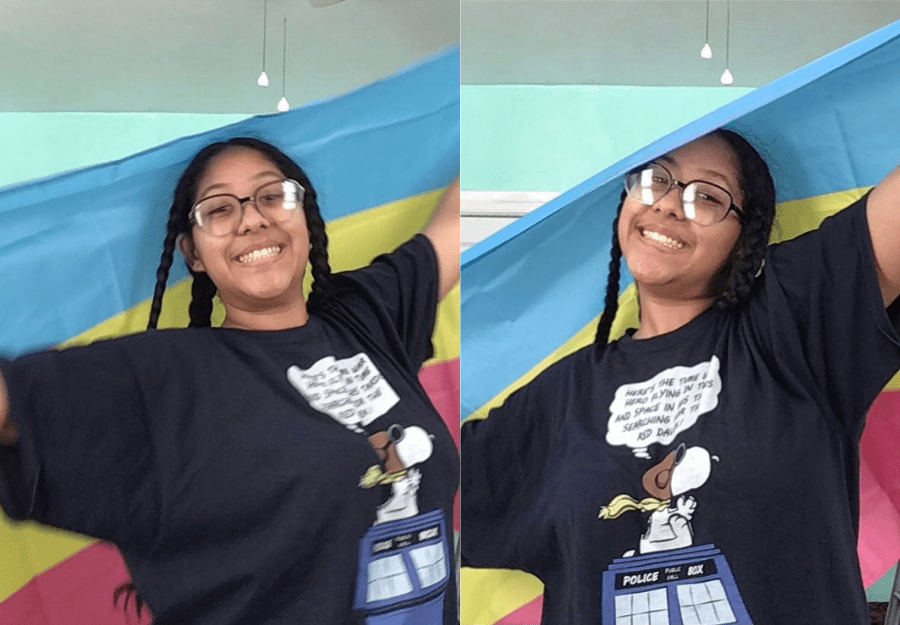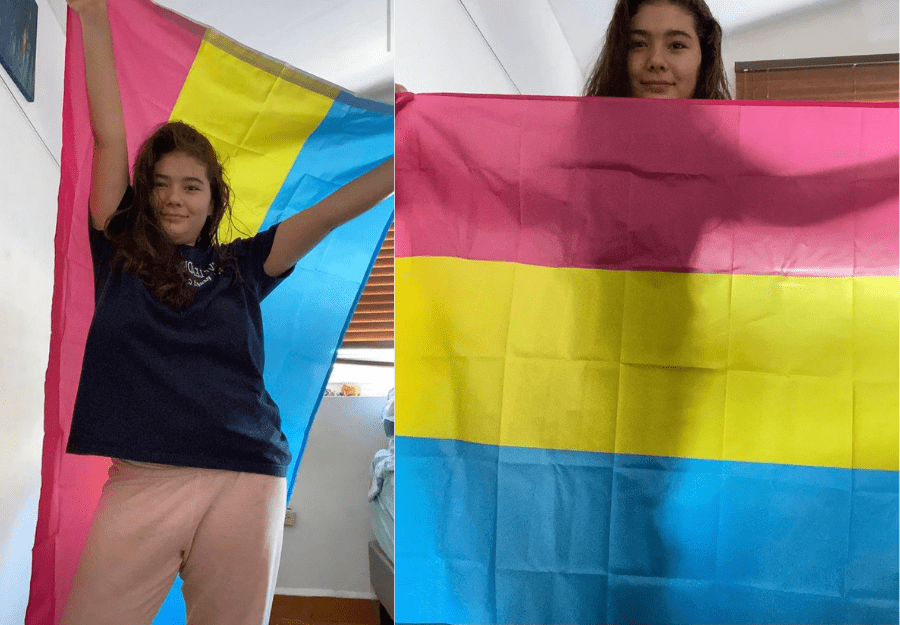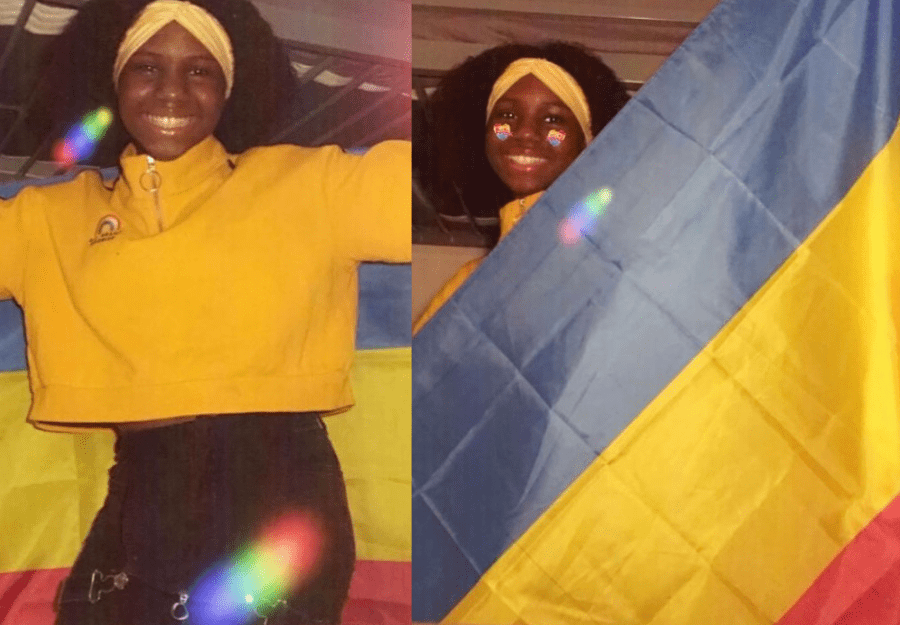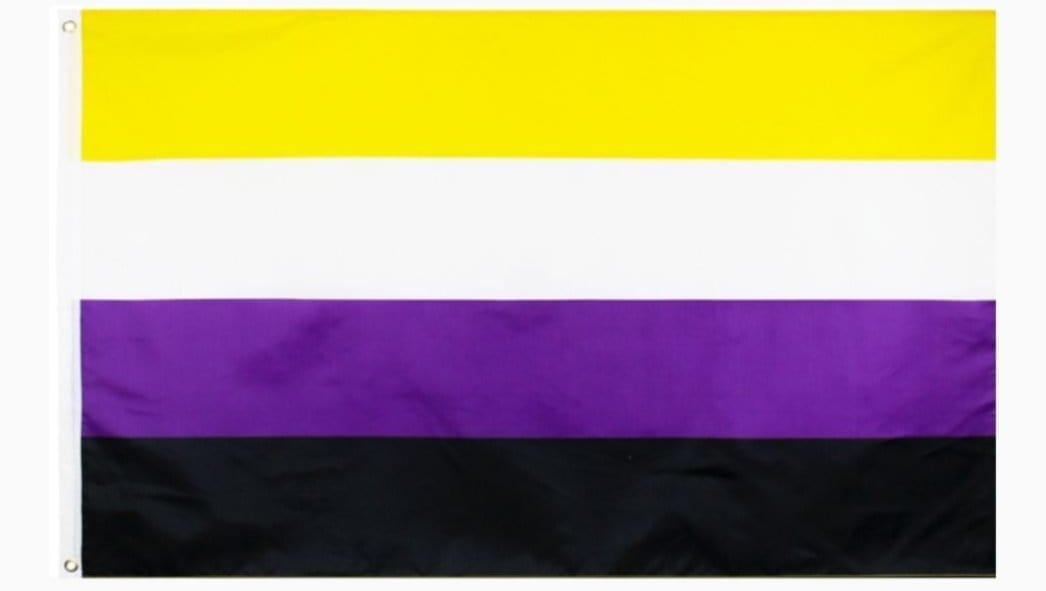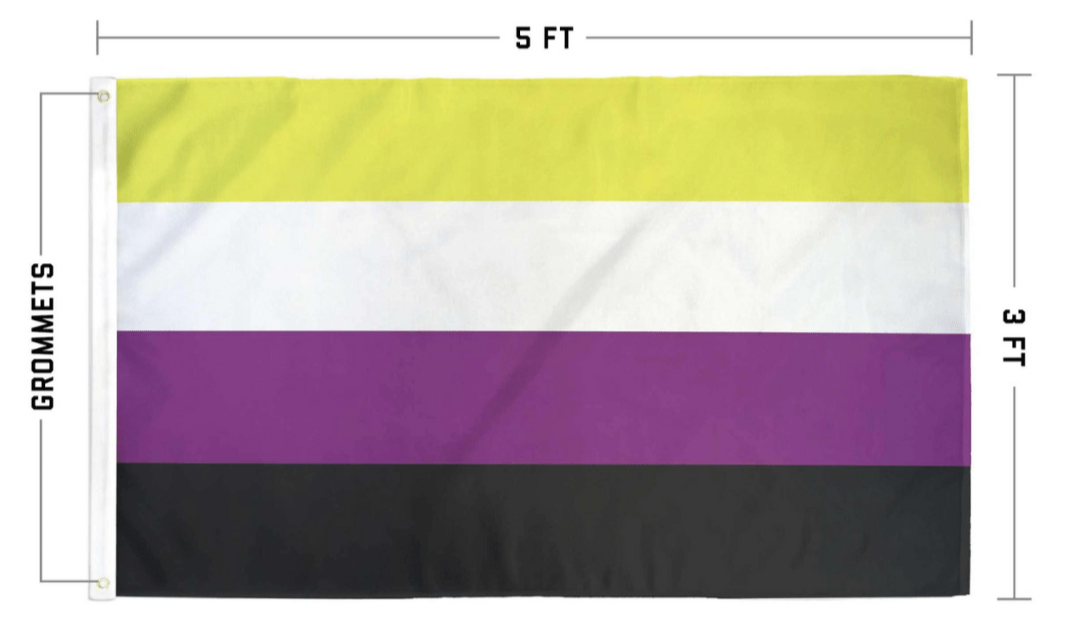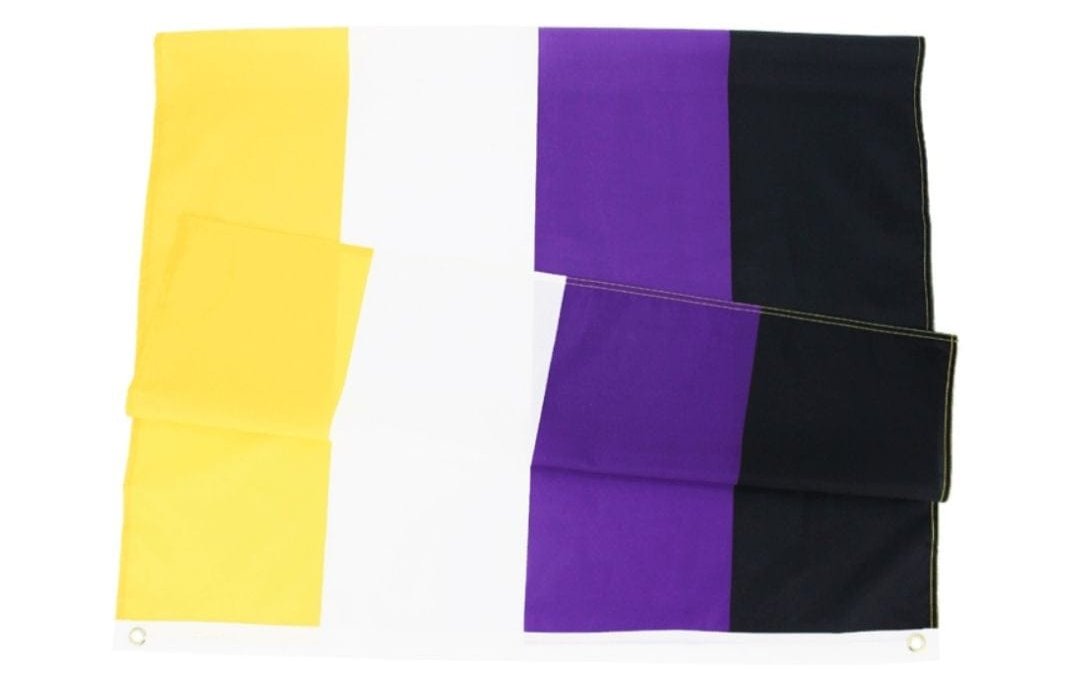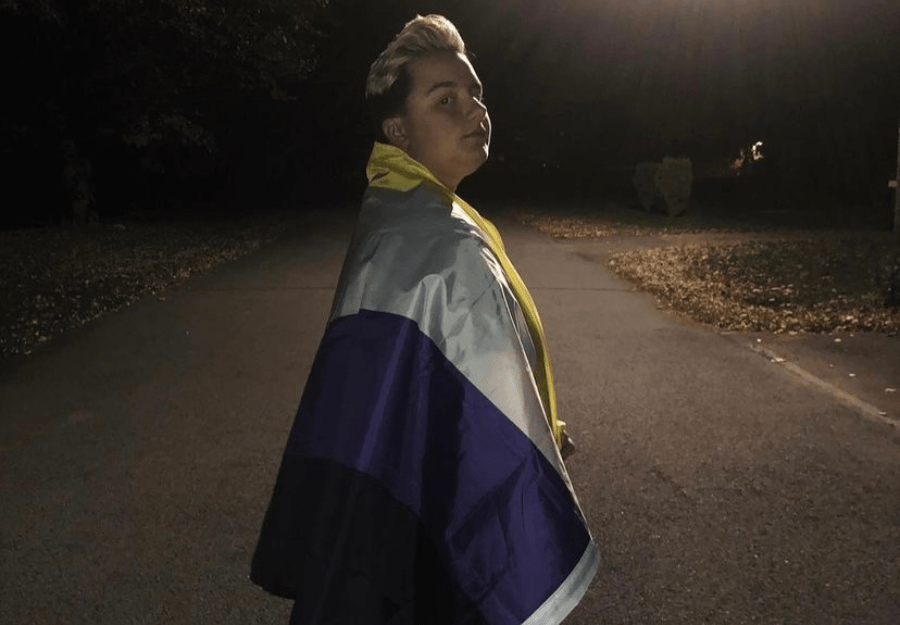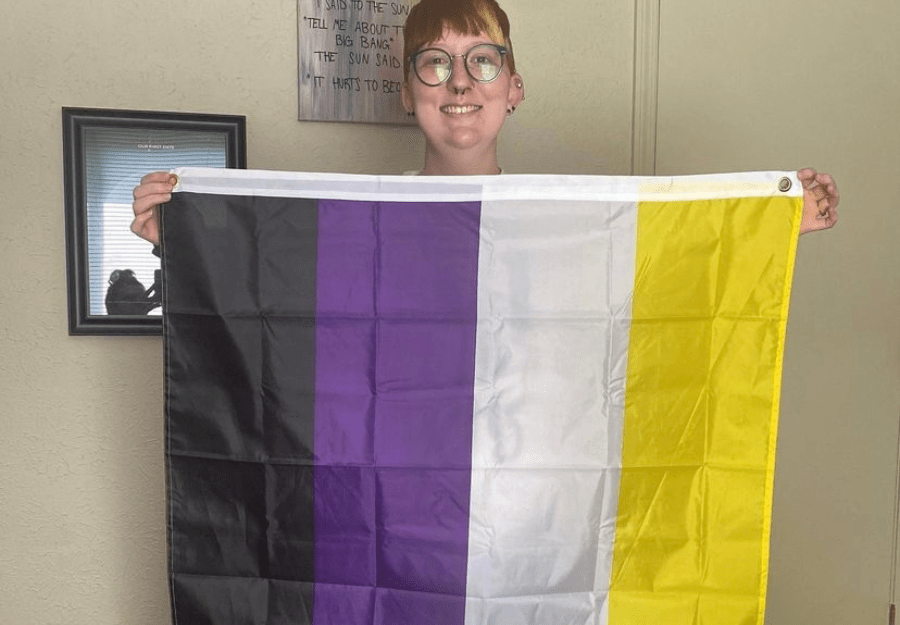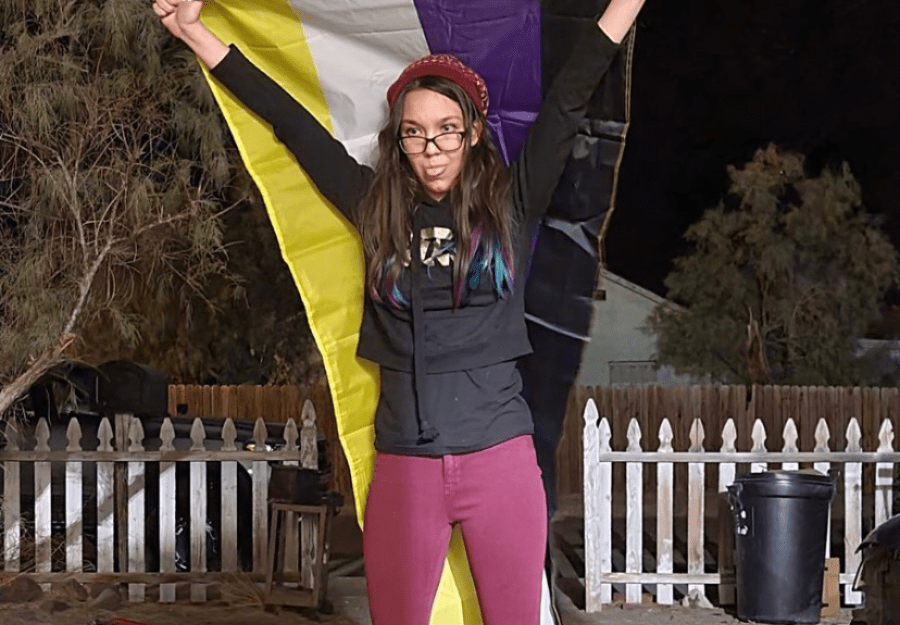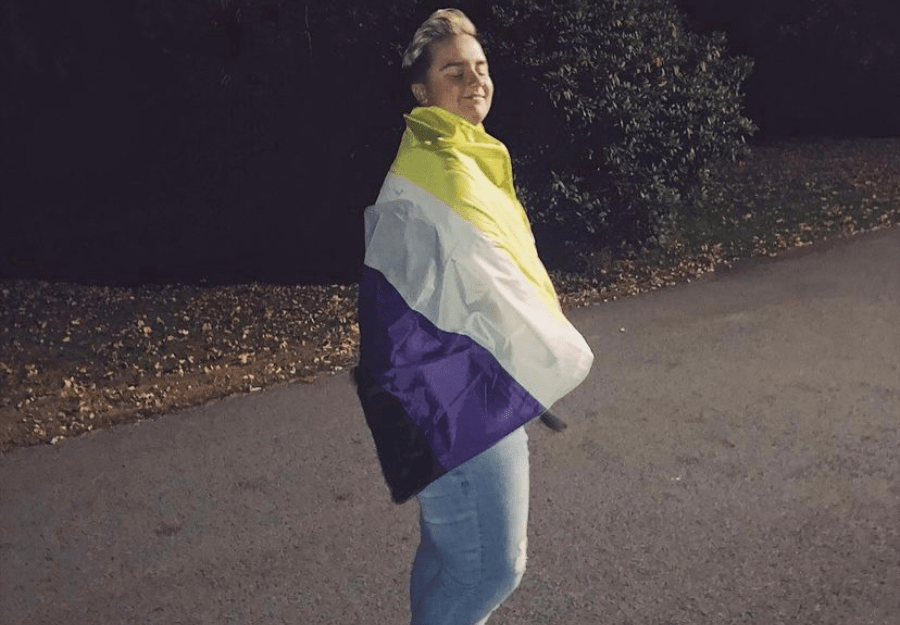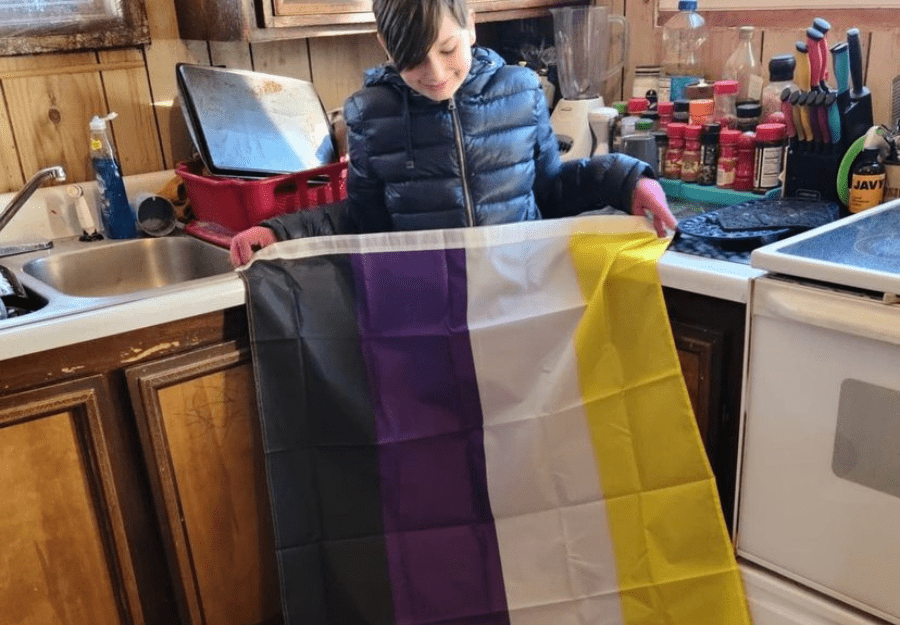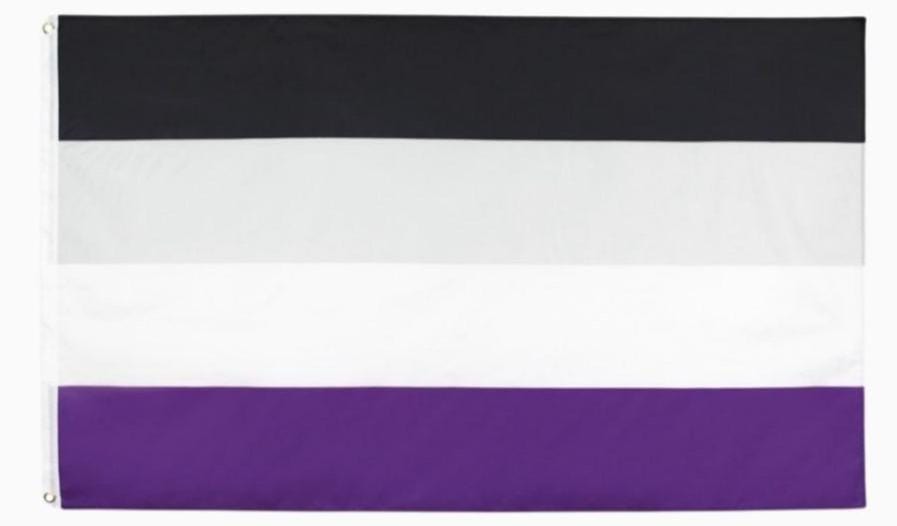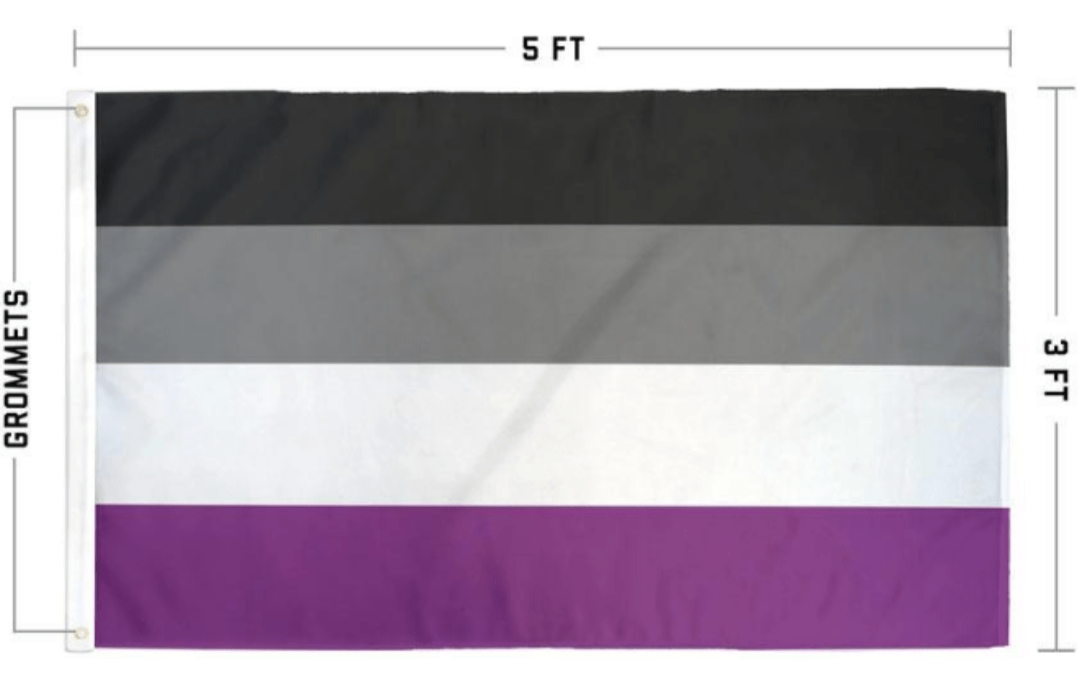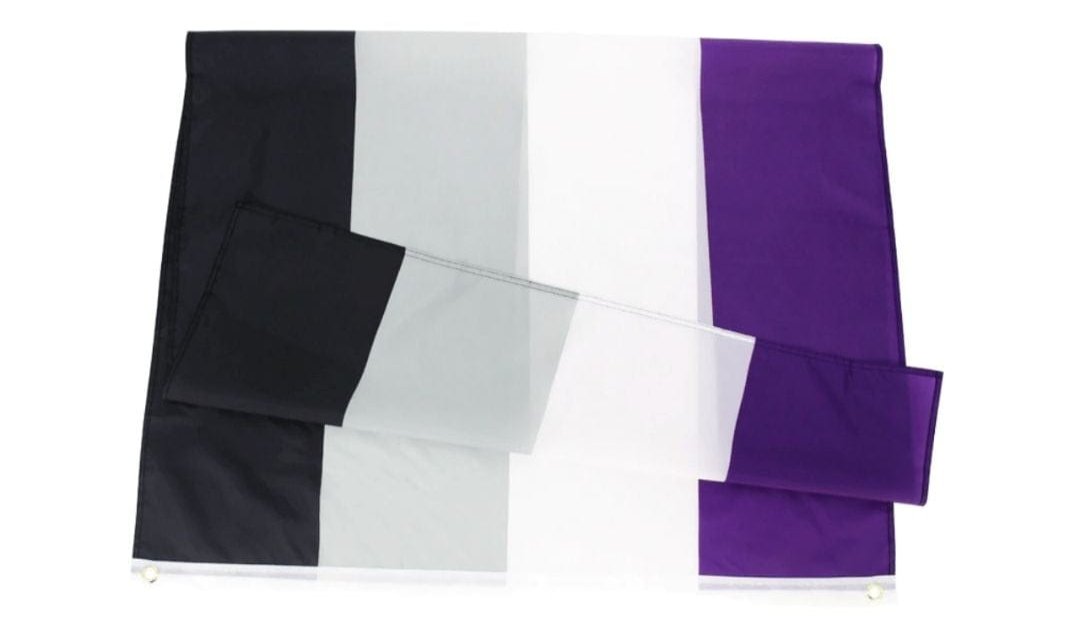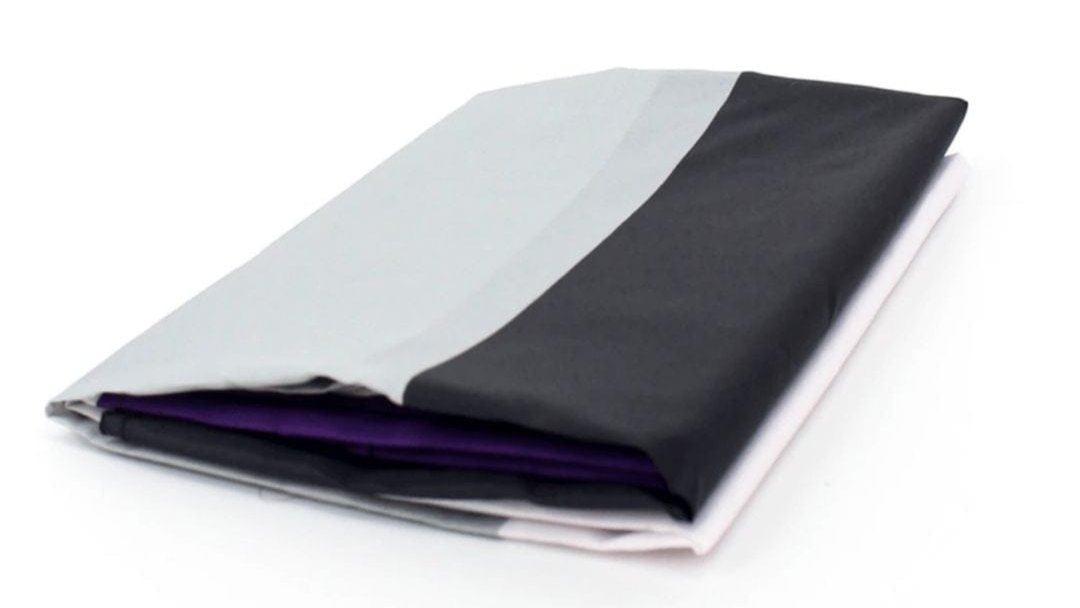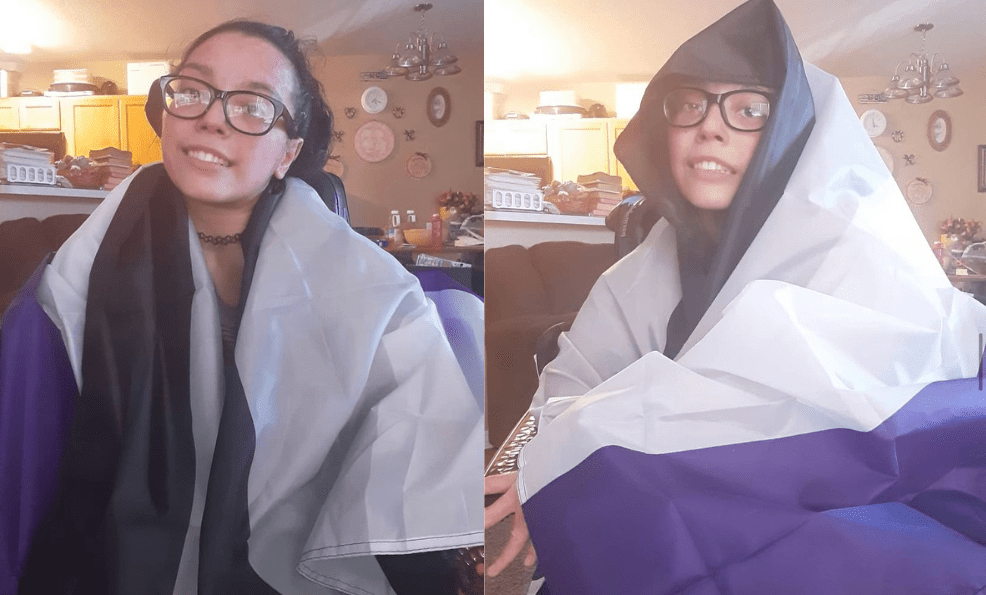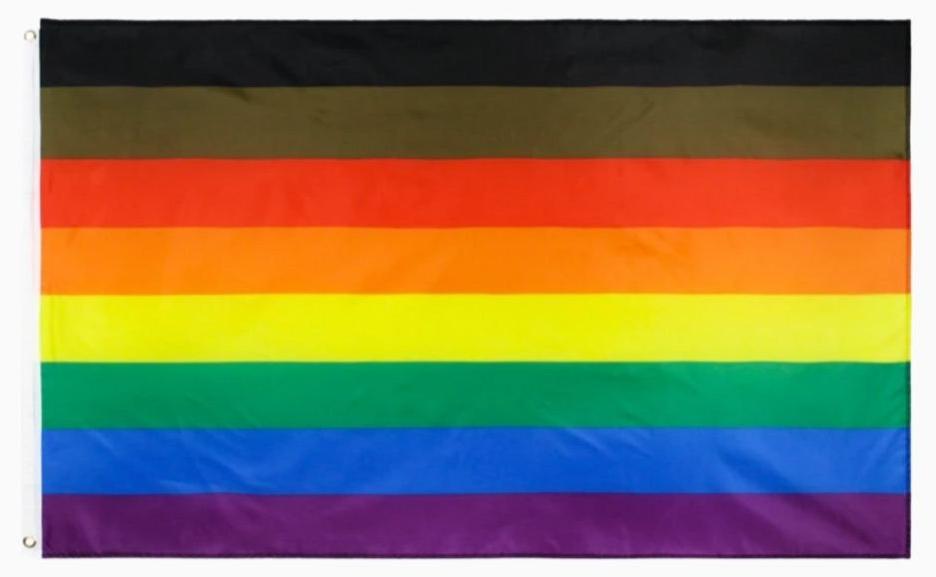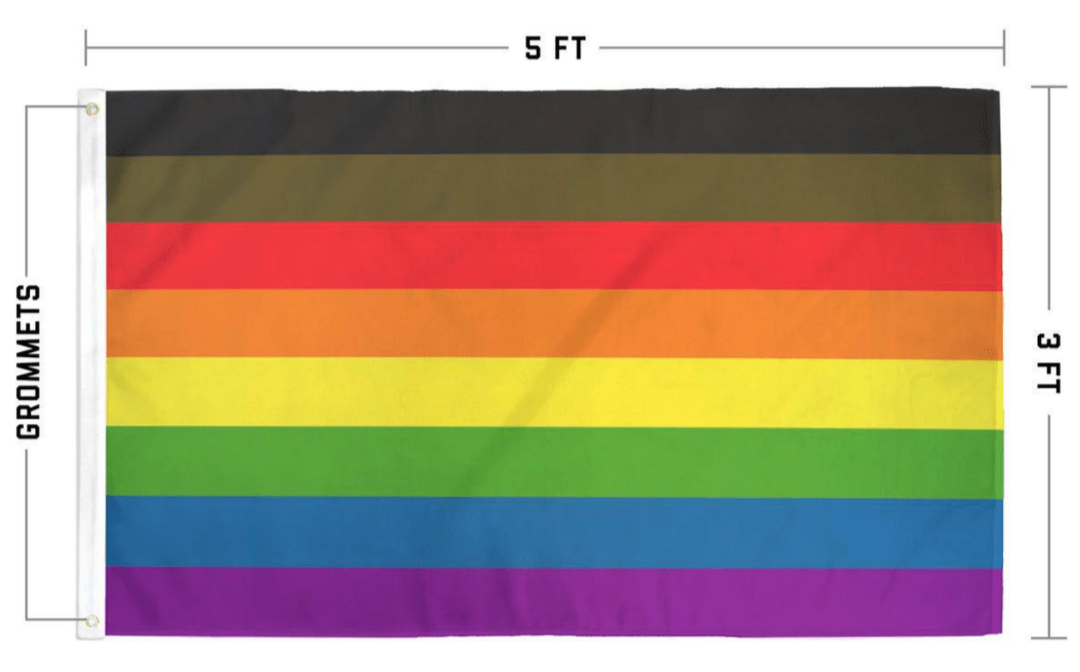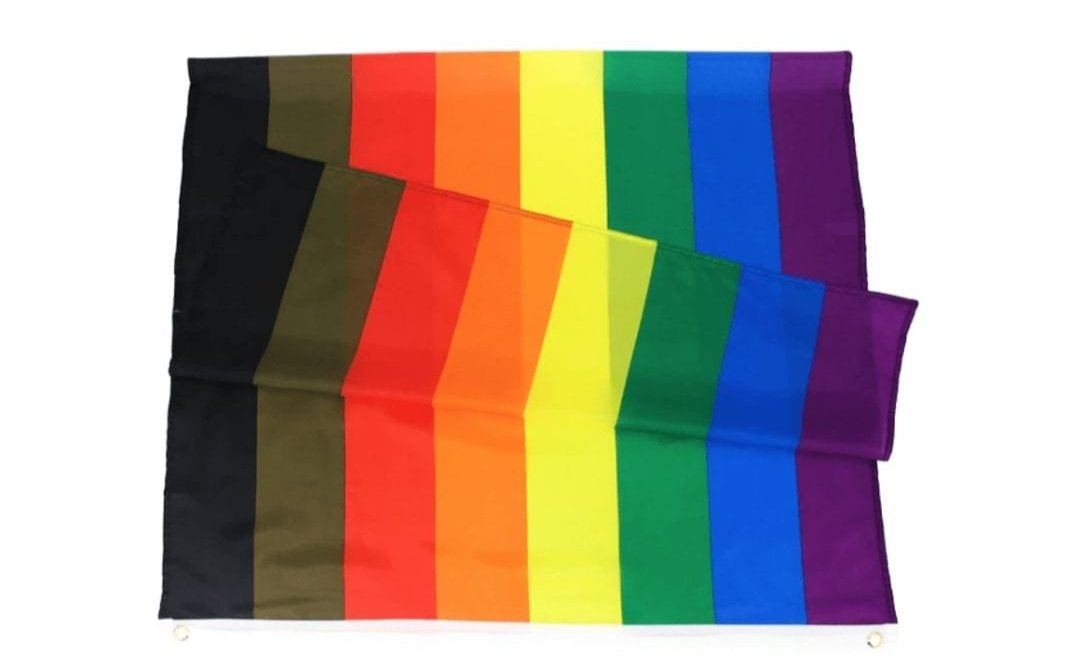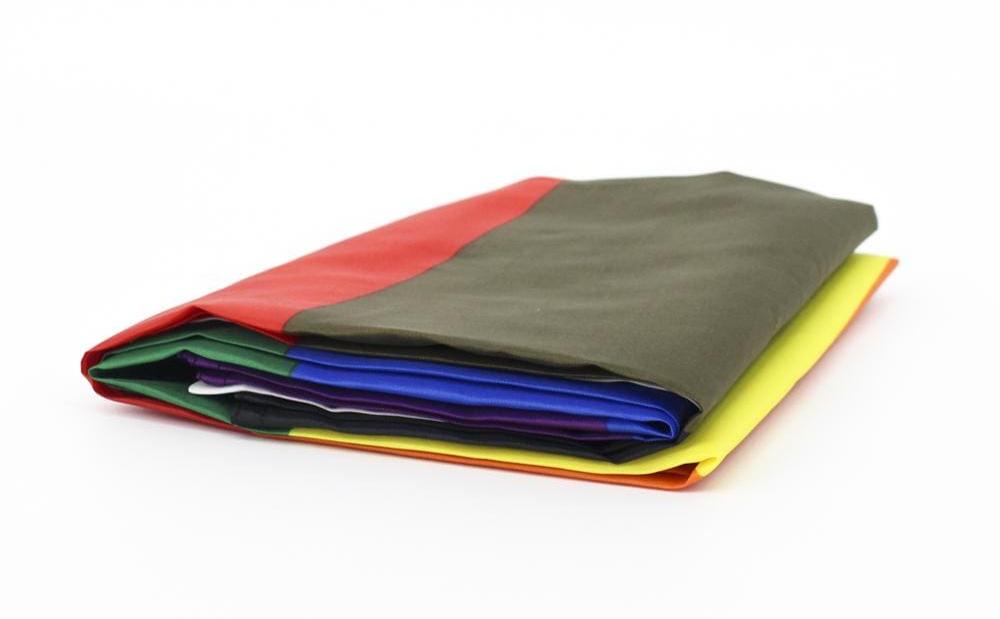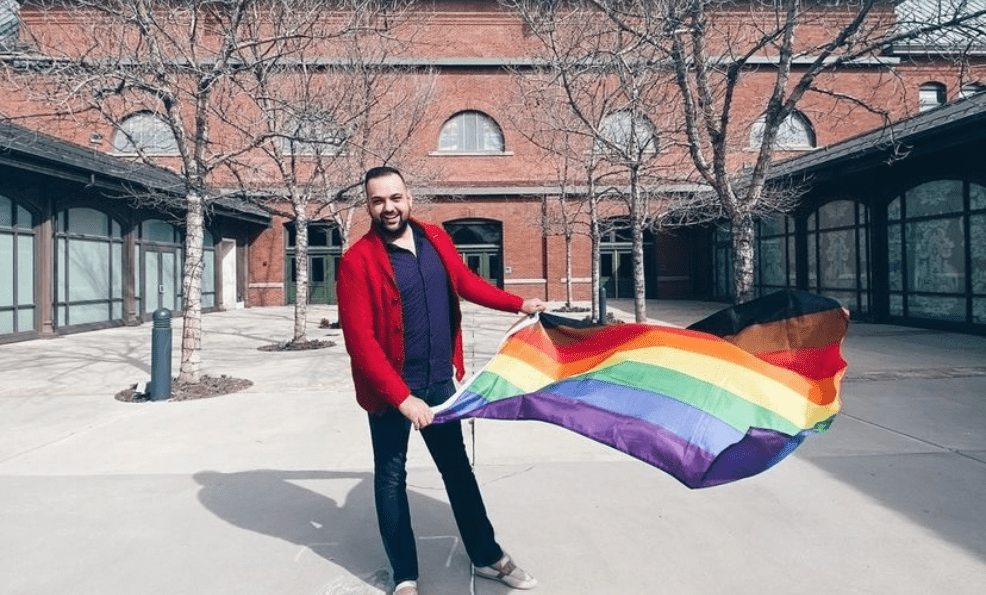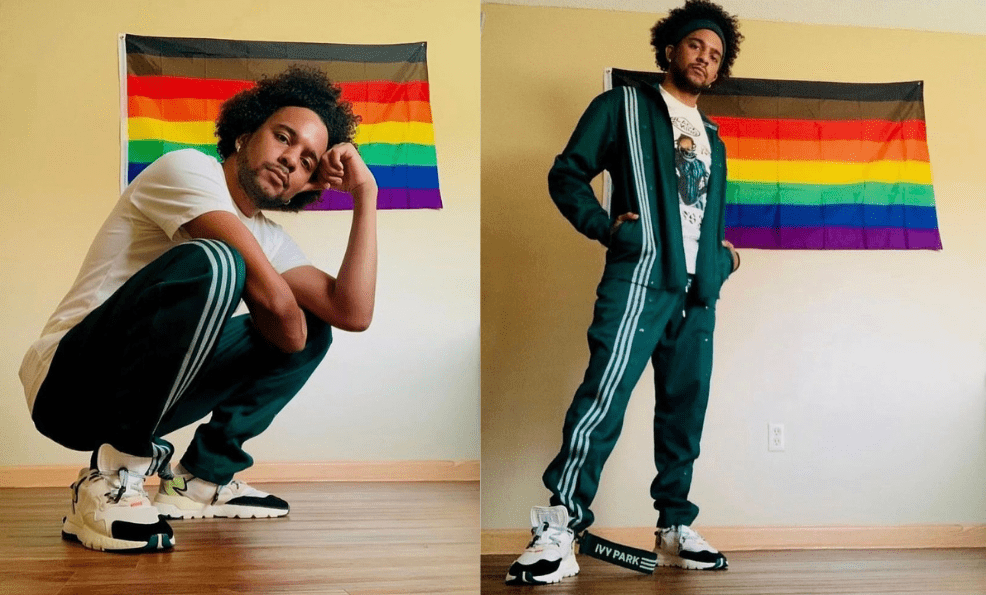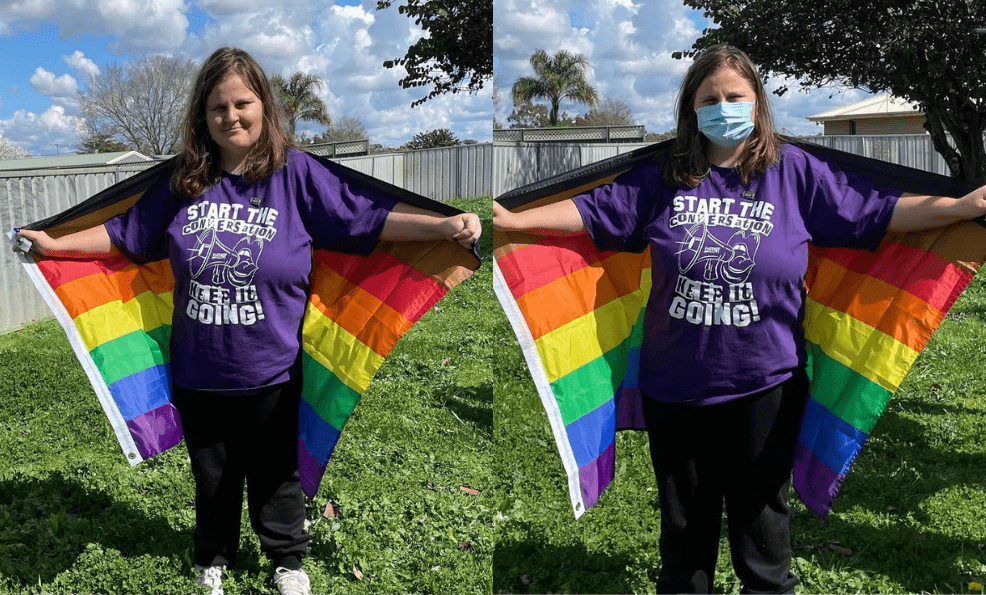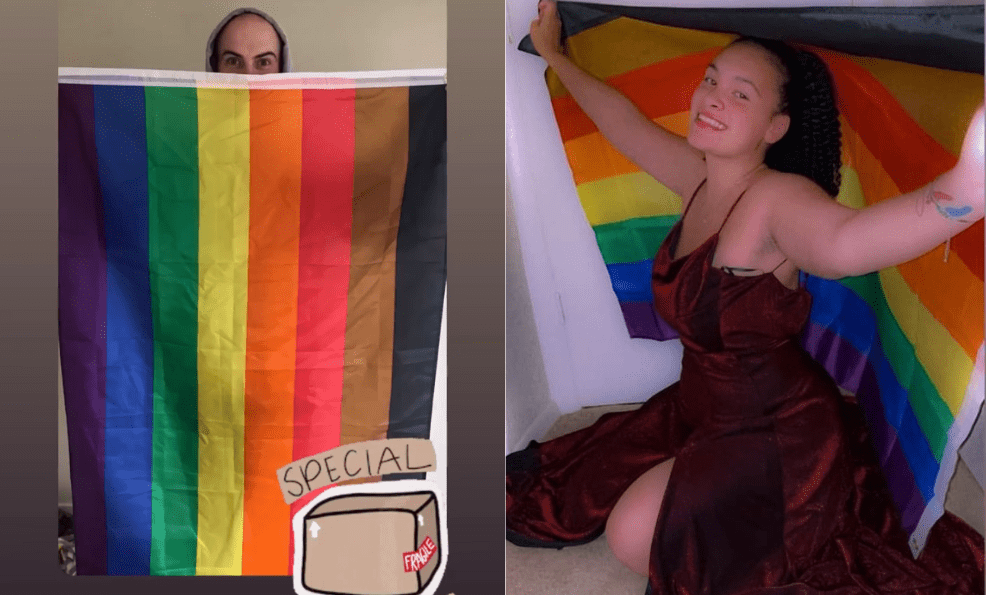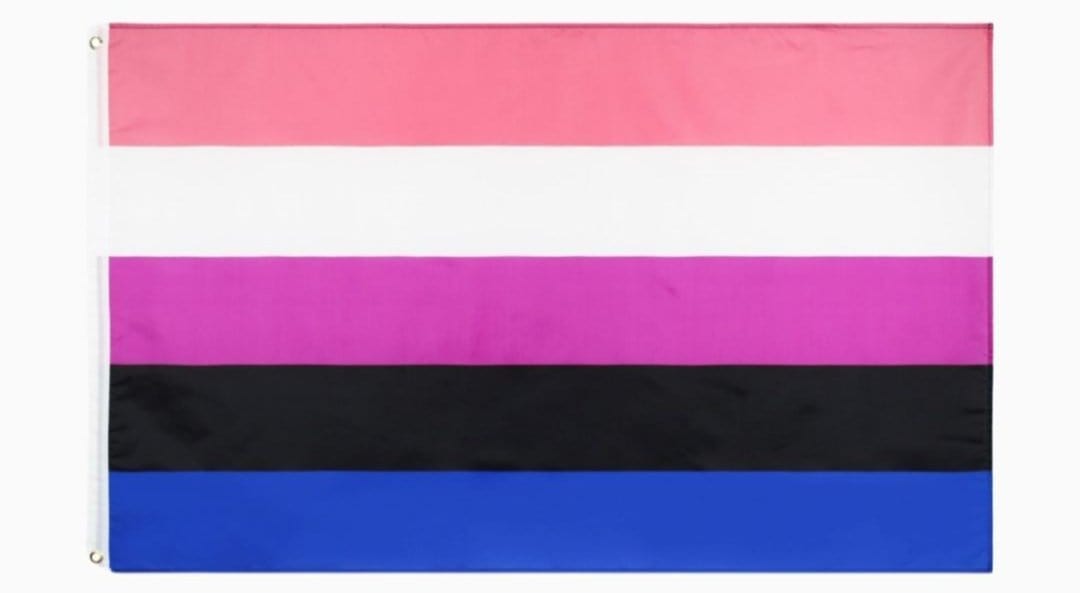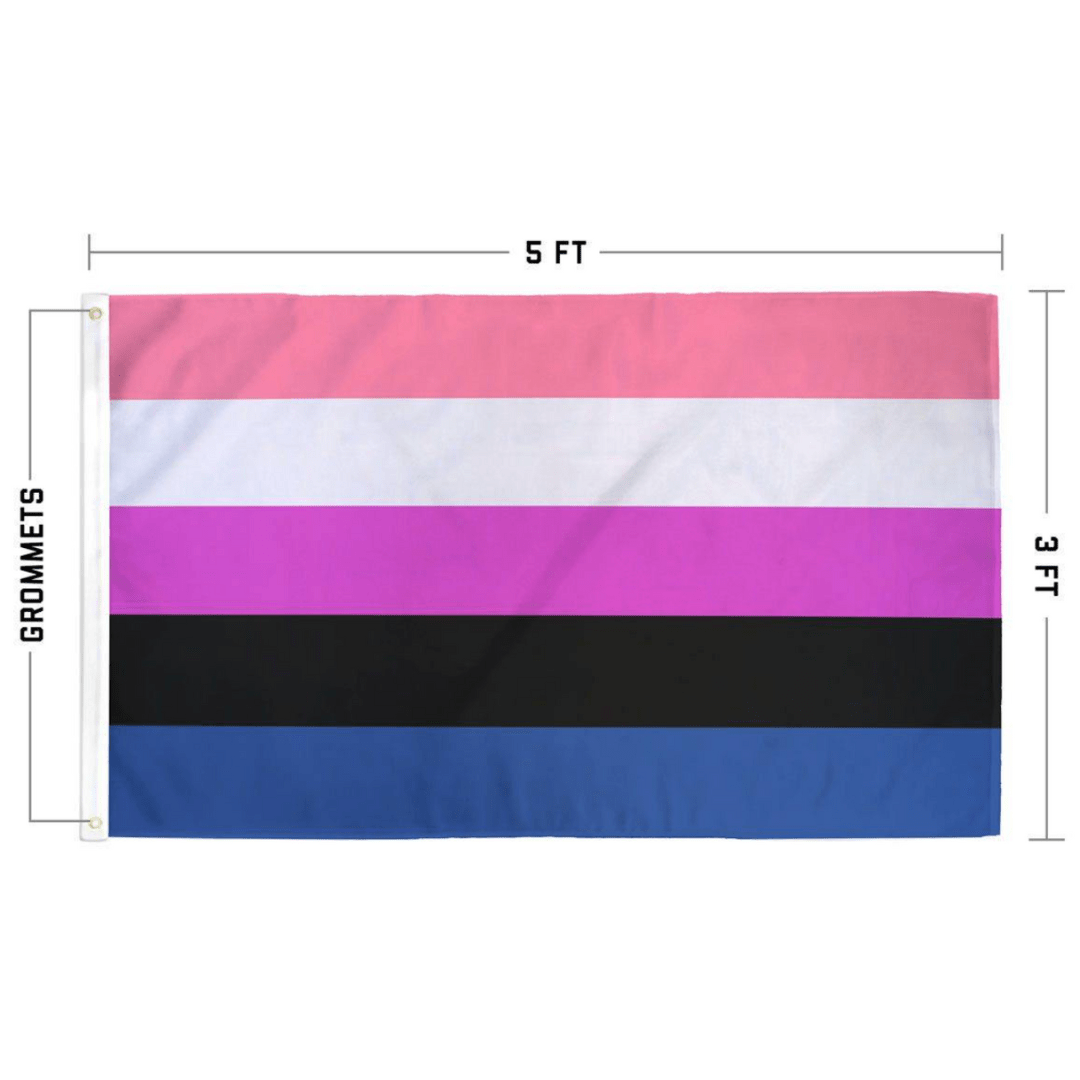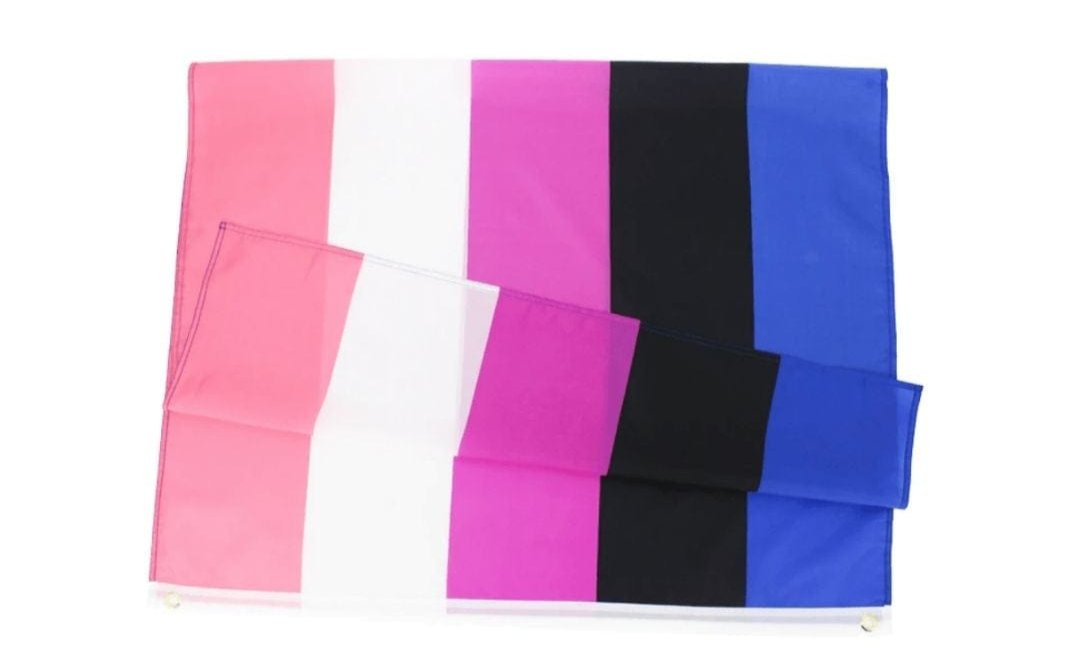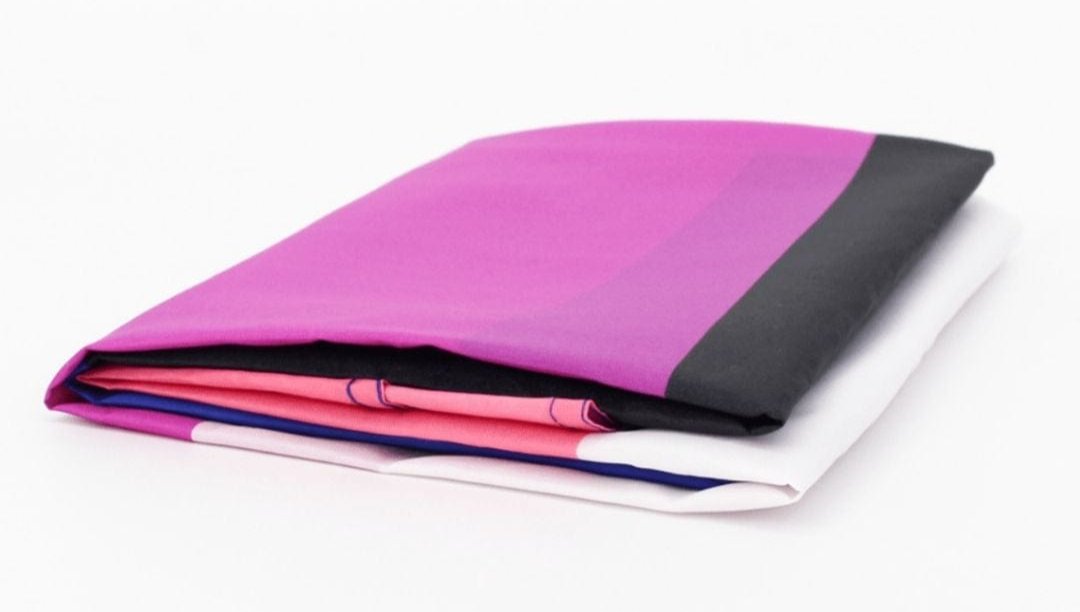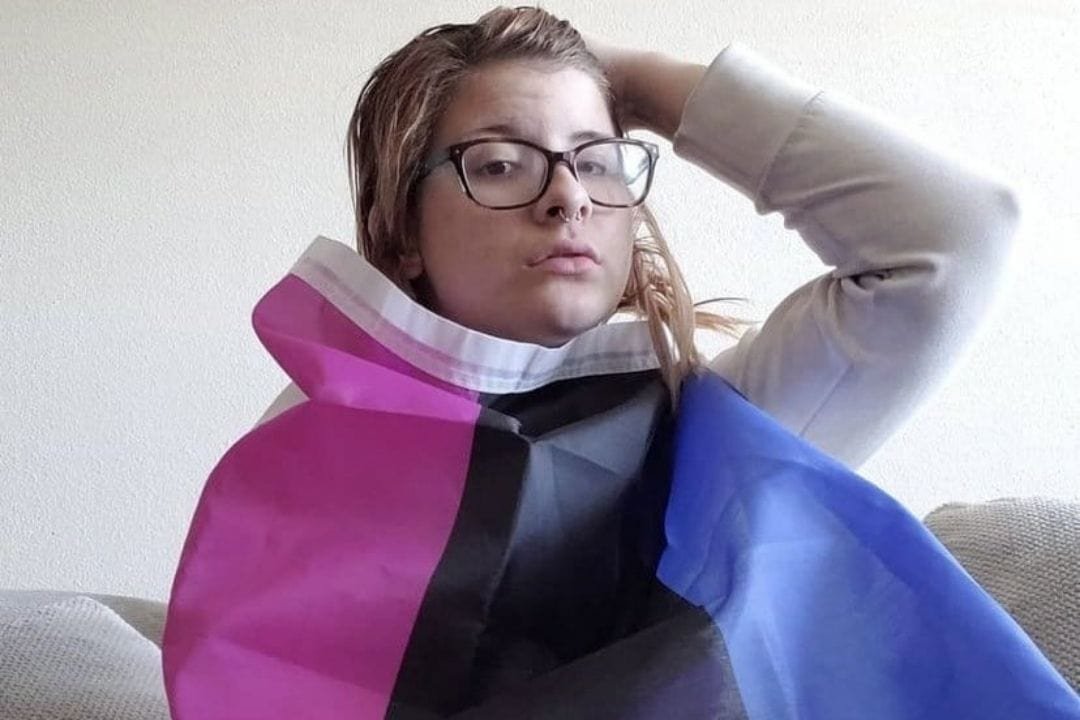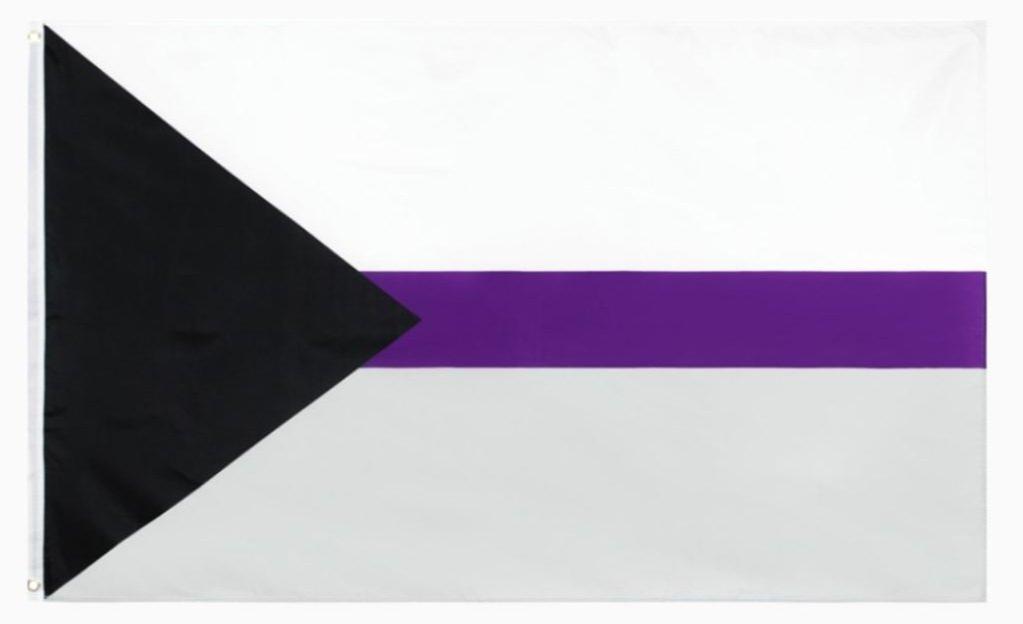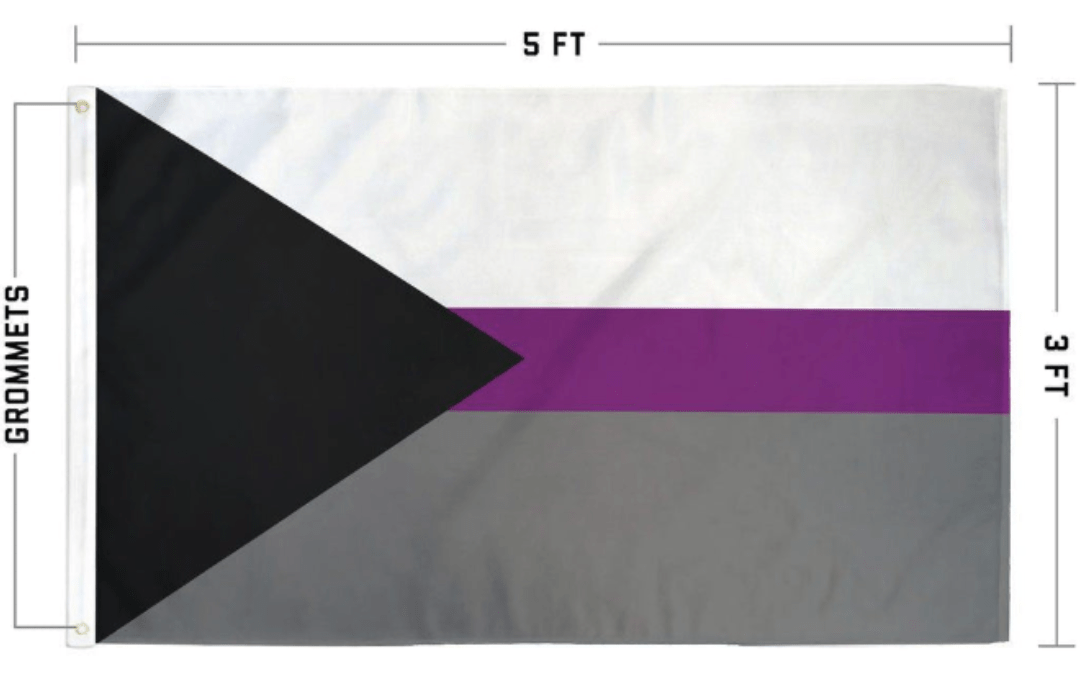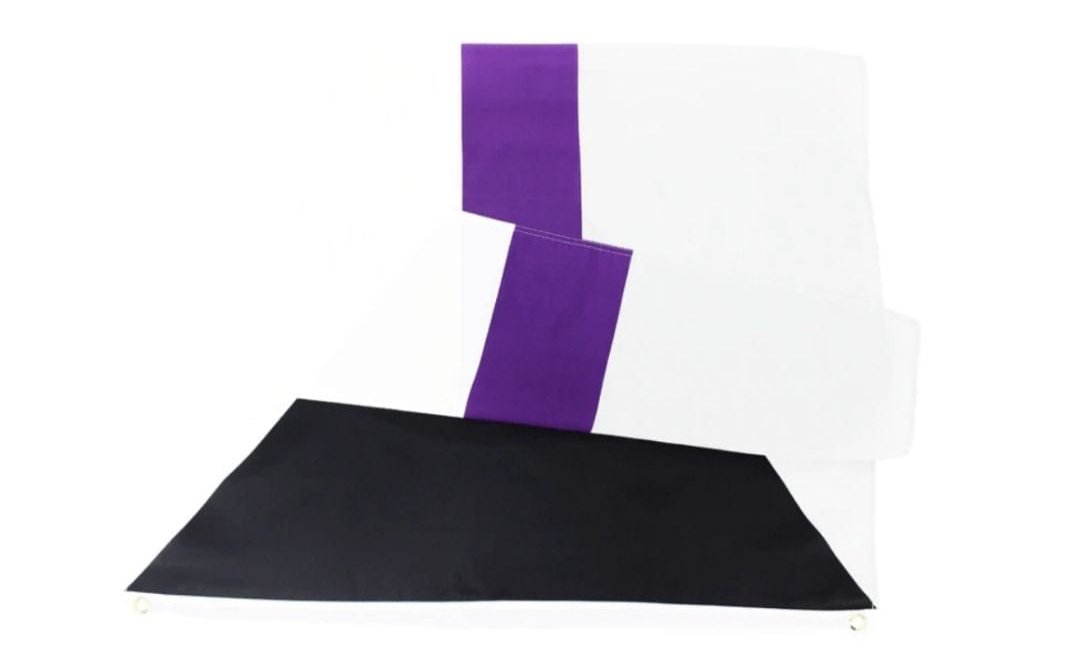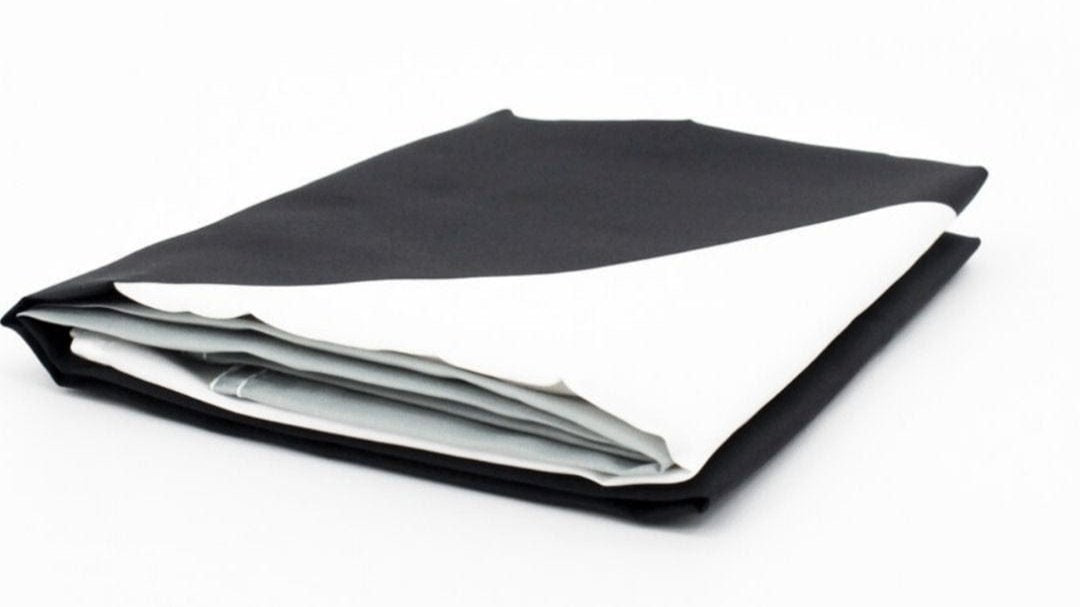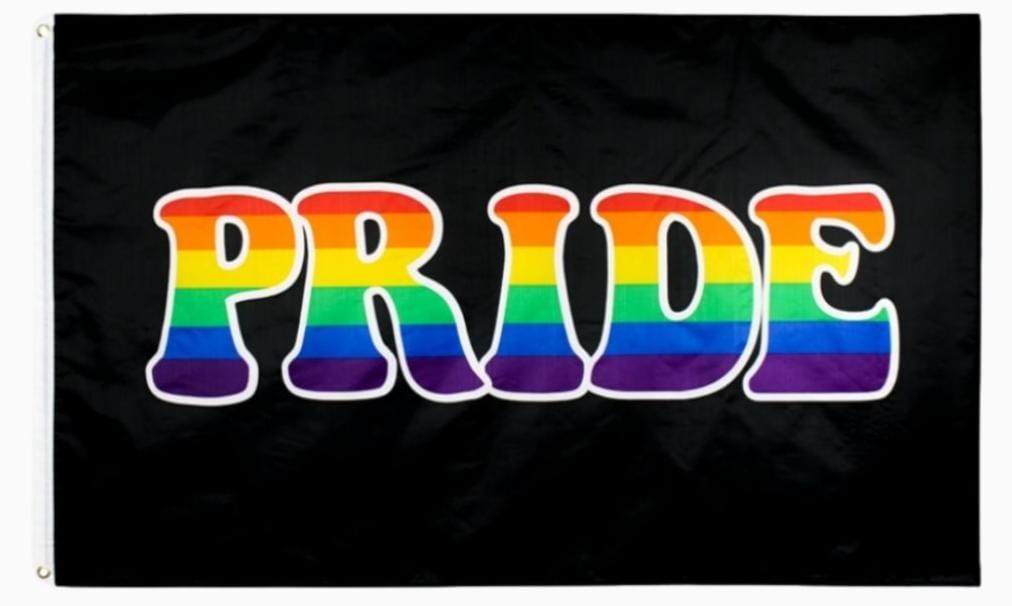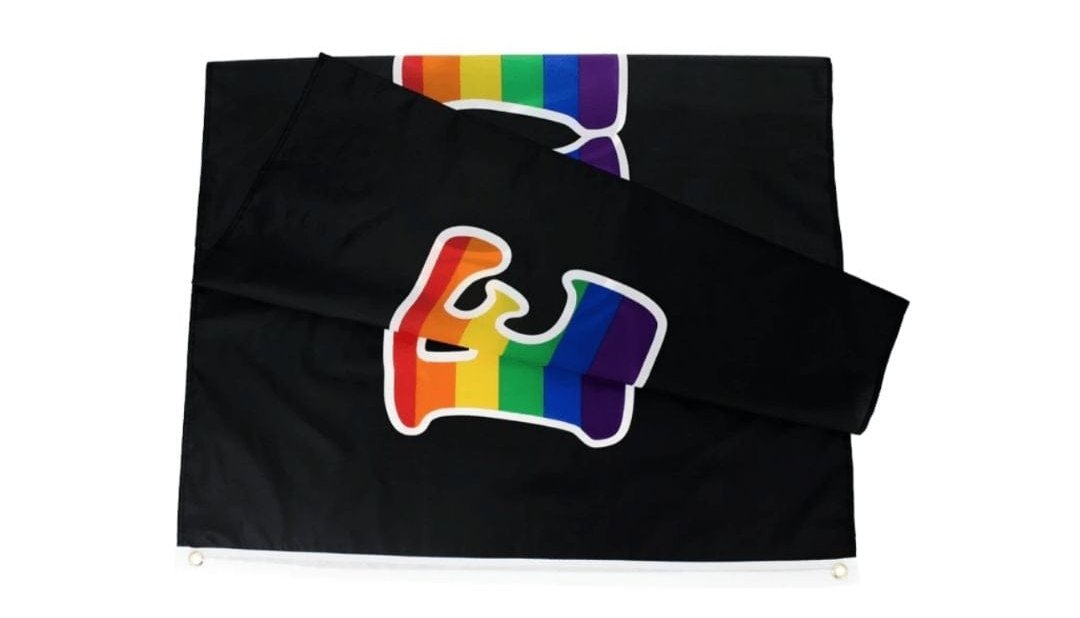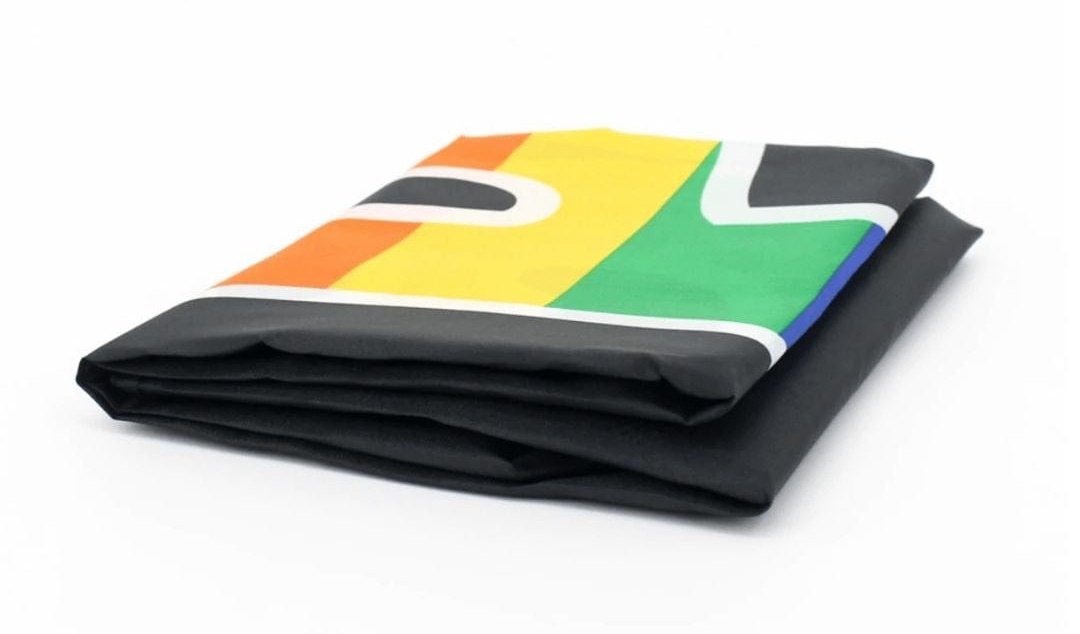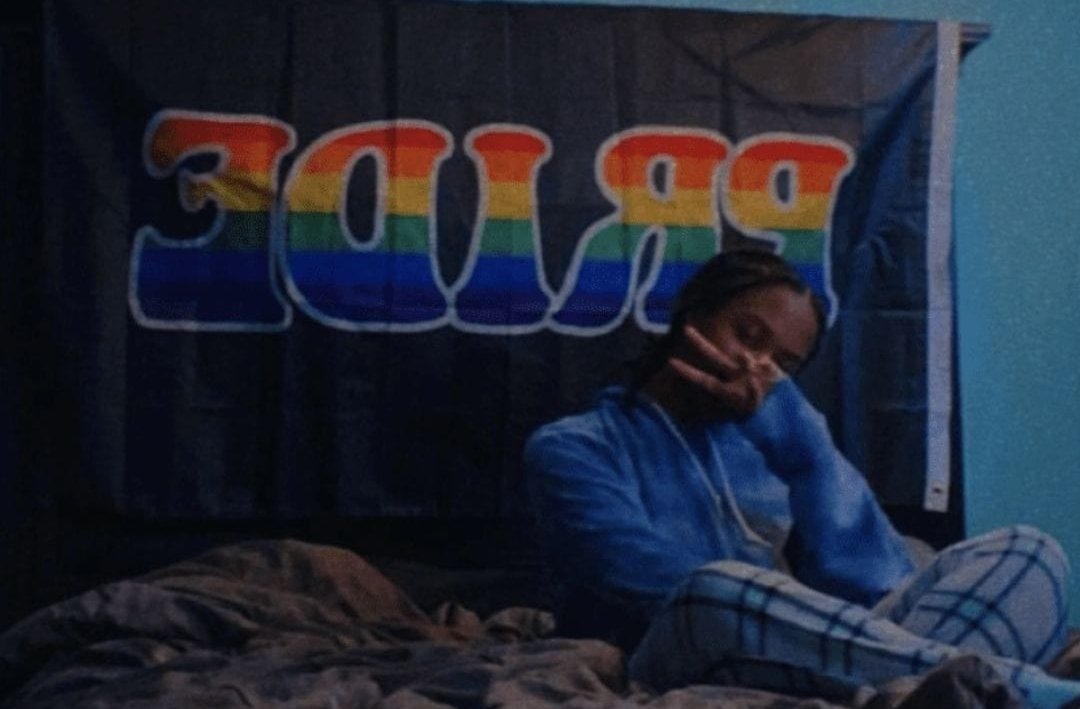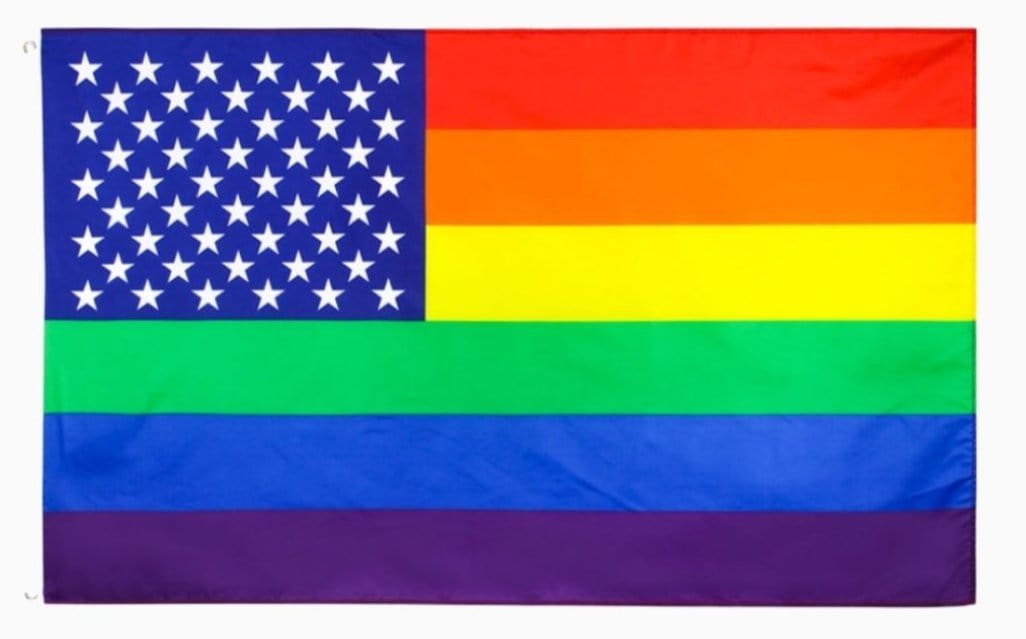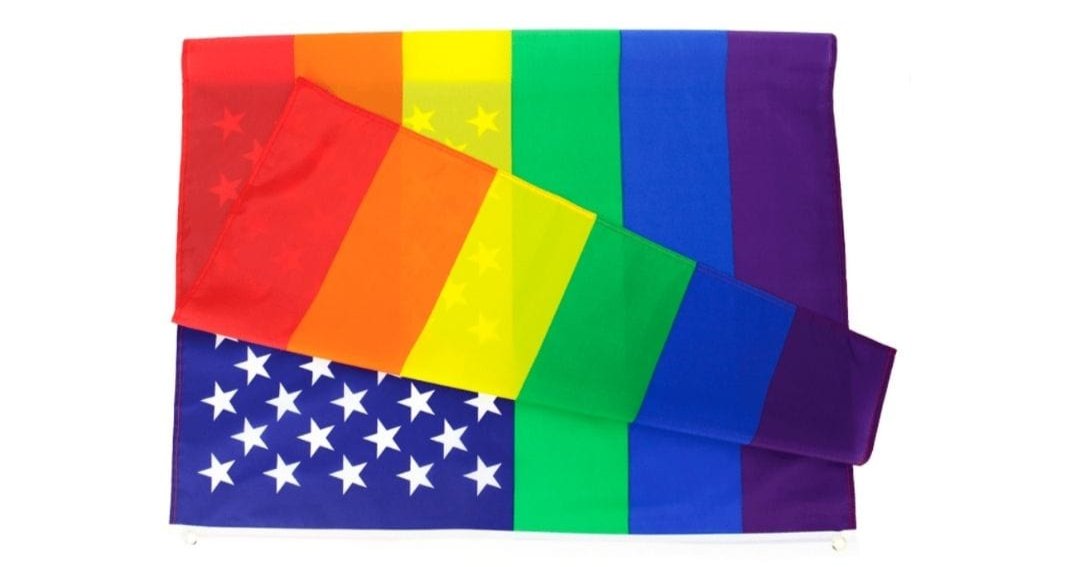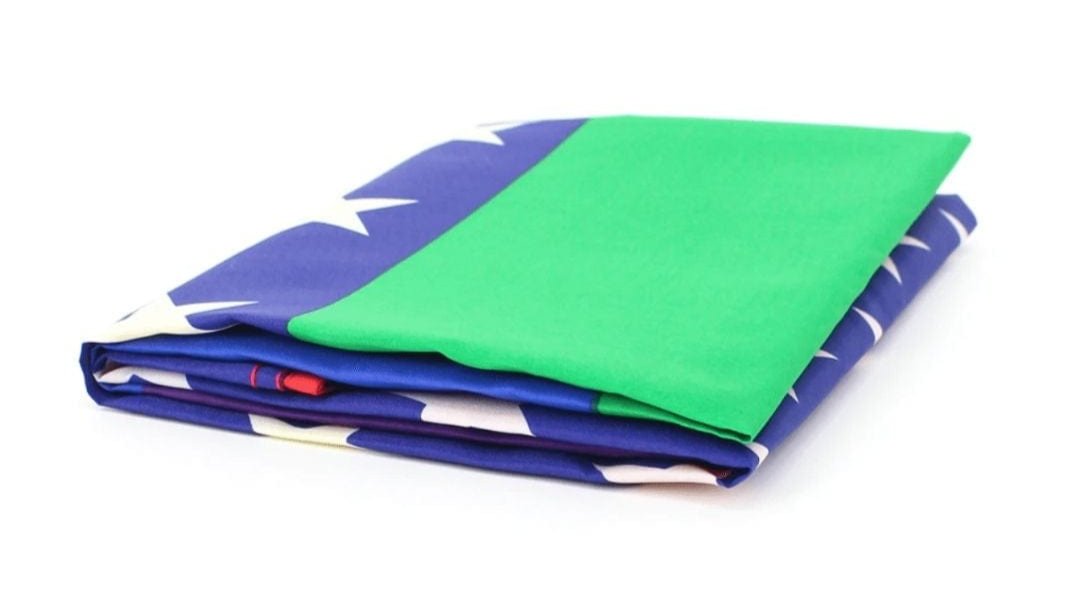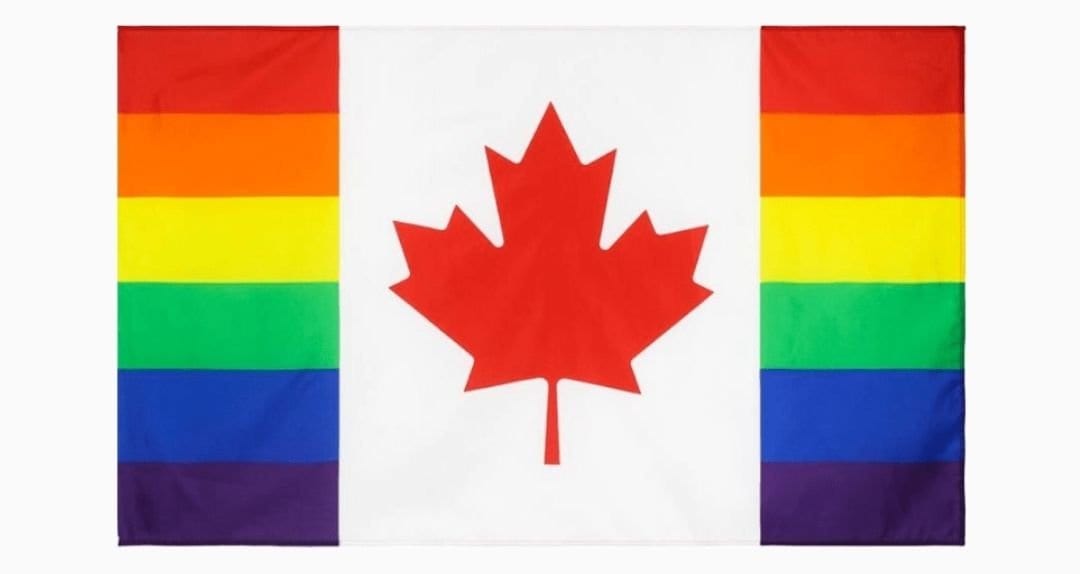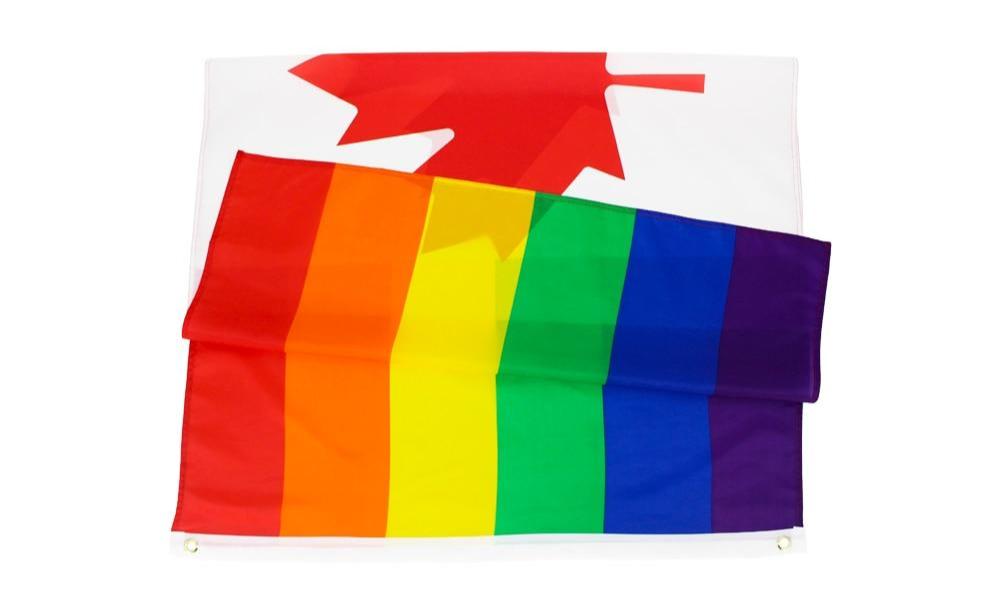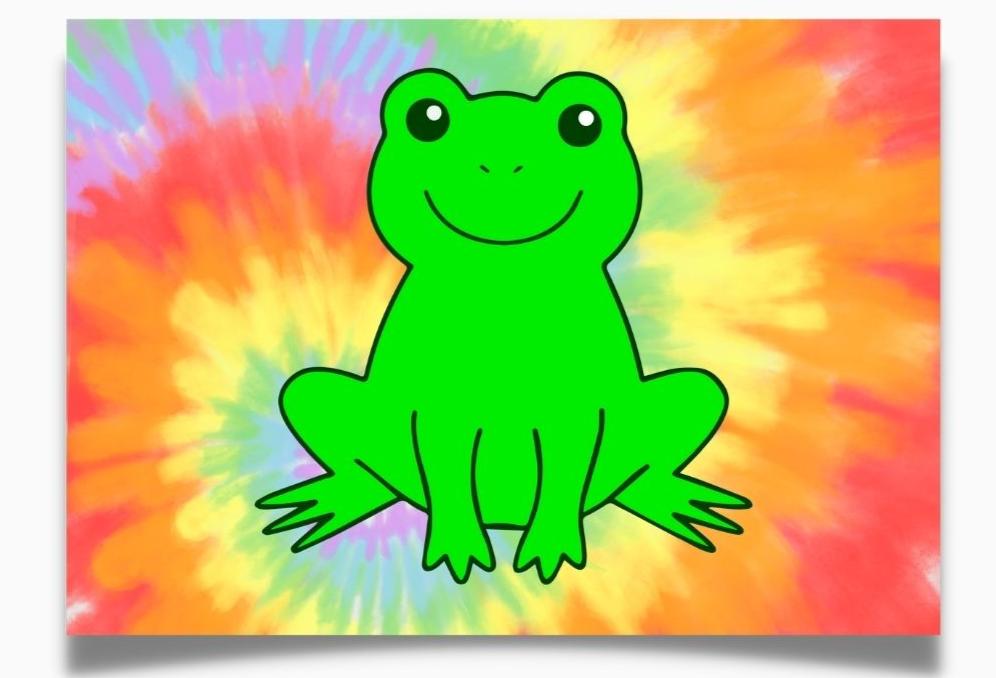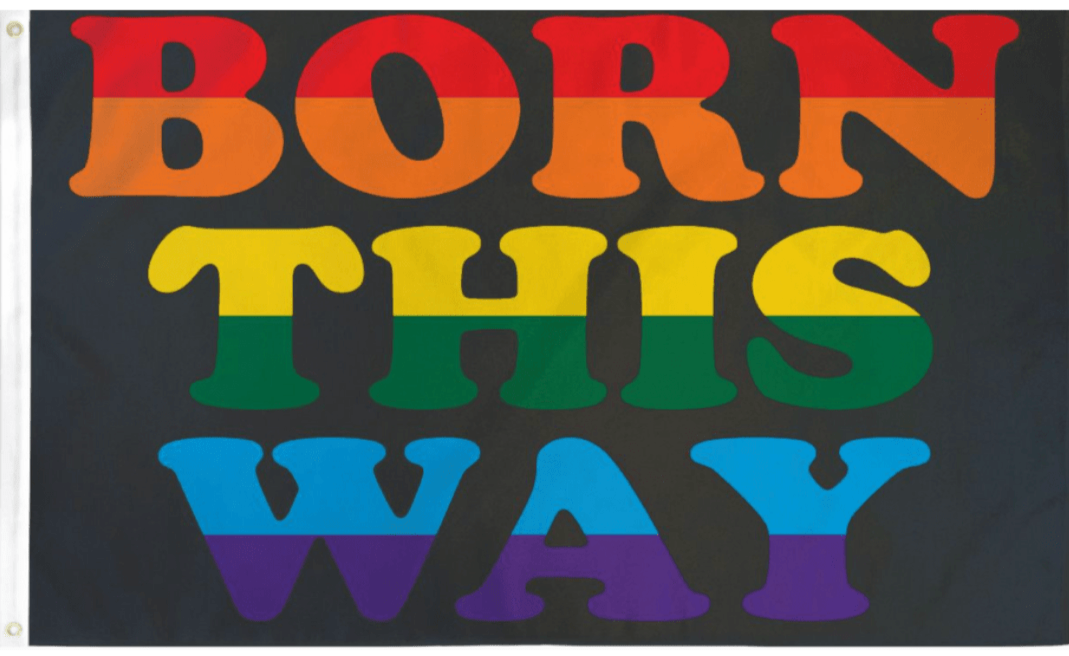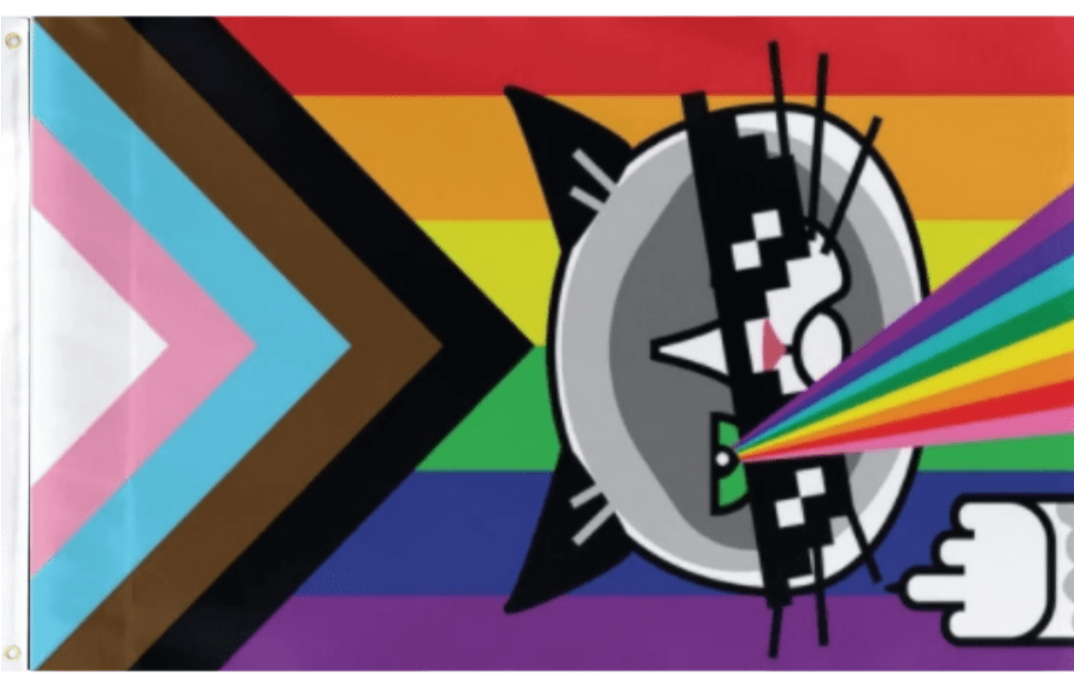It’s the awkward silence after correcting someone on your pronouns. The coworker who jokes, “You don’t look gay.” The family member who says they support you—just not in public.
These are microaggressions: subtle, often unintentional slights that cut deep when you’re part of the LGBTQ+ community. And while each one may seem small on its own, they build up—causing real harm over time.
This blog will help you recognize, respond to, and recover from microaggressions, while protecting your peace and avoiding burnout.
What Are Microaggressions?
Microaggressions are brief, everyday comments or behaviors that communicate bias, invalidation, or exclusion—especially toward marginalized groups.
They usually fall into three types:
- Microassaults: Deliberate slights or insults (e.g., using slurs).
- Microinsults: Subtle digs that demean a person’s identity (e.g., “You’re too pretty to be gay.”).
- Microinvalidations: Comments that dismiss or erase someone’s lived experience (e.g., “I don’t see gender.”).
Queer people encounter these constantly—in workplaces, doctor’s offices, family dinners, and online.
Common Microaggressions LGBTQ+ People Face
You might recognize some of these:
- “Who’s the guy in your relationship?”
- Being misgendered after correcting someone multiple times.
- Hearing “That’s so gay” used negatively.
- Being told, “It’s just a phase.”
These moments aren’t just annoying—they’re draining. For queer folks navigating systemic bias, each microaggression adds to a growing emotional load.
The Emotional Impact of Microaggressions
Microaggressions don’t always seem like a big deal to others—but research shows they have serious psychological effects over time. The American Psychological Association notes that chronic exposure can lead to:
- Anxiety and hypervigilance
- Internalized shame or doubt
- Exhaustion and emotional numbness
This is part of what’s called minority stress, a unique pressure queer people face simply for existing authentically.
If you’ve been feeling low or emotionally disconnected, it might be worth exploring the signs. Here’s a breakdown of what depression can feel like, especially within LGBTQ+ contexts.
How to Respond Without Burning Out
You don’t owe anyone an educational TED Talk—but you do deserve to feel safe and affirmed. Here are some approaches to handling microaggressions:
🧠 1. Decide if it’s safe or worth it
Ask yourself: Do I have the energy? Is it emotionally safe? If not, it’s okay to disengage.
🗣️ 2. Have go-to phrases ready
- “I’d appreciate it if you didn’t say that.”
- “What do you mean by that?”
- “Please use [these pronouns].”
🌿 3. Decompress afterward
Breathe. Text a friend. Take a walk. Vent in a group chat. Microaggressions take up space in your body—reclaim it.
Protecting Yourself Day-to-Day
- Set boundaries: You can say no to conversations that invalidate you.
- Limit exposure: Curate your online and offline spaces intentionally.
- Lean into community: Talk to people who get it. You don’t have to explain yourself every time.
When It Happens at Work
Workplace microaggressions are especially harmful because they affect your livelihood and identity at the same time. These may look like:
- Being left out of meetings or conversations
- Tokenism: being “the queer one” on a team
- Disrespecting your pronouns, even after HR training
We break it all down (plus your rights) in this post on the impact of LGBTQ+ workplace discrimination.
What Allies Can Do
Microaggressions aren’t just a queer problem—they’re everyone’s responsibility. If you want to be a real ally:
- Speak up when you hear harmful language.
- Learn from LGBTQ+ people without demanding emotional labor.
- Amplify queer voices and normalize inclusive language.
Silence protects no one. But your voice can make someone feel seen.
Final Thoughts: You Deserve Peace
You don’t need to tolerate subtle violence to be “polite.”
You don’t need to educate everyone around you.
And you definitely don’t need to sacrifice your mental health to fit in.
Your identity is not up for debate. Your energy is sacred. And your existence is revolutionary.
Whether you clap back or take a step back—both are valid. The goal isn’t to fix the world alone. It’s to protect your joy long enough to keep going.
💬 Feeling this blog? Share your own story with us or tag us on Instagram—we love hearing how you protect your peace.
Want more resources? Browse our LGBTQ Resource Roundup for support groups, helplines, and community spaces near you.
Together, we keep each other safe. 🖤🌈

